|
“’Out Of The Past' was the name of the store, and its products consisted of memories: what was prosaic and even vulgar to one generation had been transmuted by the mere passing of years to a status at once magical and also camp.” This wonderful time-travel film, written and directed by Woody Allen was a virtual who’s who. Not only in the actors, but also in the artistic characters of the past. Gil Pender (Owen Wilson) is engaged to Inez (Rachel McAdams). This is the third time-travel story I have blogged about staring Rachel McAdams, but the first time this adorable actress was not a likable character Gil was a failed Hollywood scriptwriter who was working on his novel. He was a dreamer and found inspiration in Paris, especially in the rain. Inez did not relate to this and would never let herself get wet or live in the French city. Gil believed in soulmates. Inez thought it was a ridiculous notion. She did not respect anything Gil liked. In fact, she was more taken with her friend, Paul (Michael Sheen), who is also visiting along with his wife Carol (Nina Arianda). Paul is a pretentious snob, know-it-all. One night, Gil decides he’s had enough of hanging around with Inez’s friends and decides to walk back to his hotel. He gets lost on the streets of Paris and sits down on some steps. The bells of a clock ring out midnight. Suddenly a vintage 1920’s Peugeot taxi pulls up and the people inside beckon him to go with them to a party. He ends up at a party in 1920’s Paris where he meets notable American novelists, Zelda (Alison Pill) and F. Scott Fitzgerald (Tom Hiddleston). The Fitzgeralds are friendly and partiers, especially Zelda. Gil is also taken by the piano player/singer who he comes to find out is none other than Cole Porter (Yves Heck) doing his famous song, Let’s Do it. 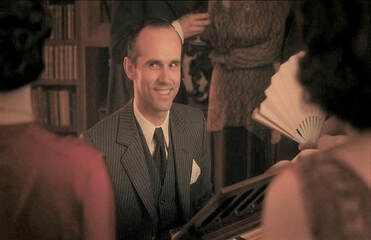 “Birds do it, bees do it Even educated fleas do it Let's do it, let's fall in love” “Romantic sponges, they say, do it Oysters, down in oyster bay, do it Let's do it, let's fall in love” To make a long, great story short, Gil ends up meeting many famous people who found it vogue to hone their crafts in the Parisian city in the Roaring Twenties. He asks Ernest Hemingway (Corey Stoll) to review his book, which is refused, so Hemingway offers to bring it to Gertrude Stein (Kathy Bates) who reads it and likes it. There, Gil meets Pablo Picasso (Marcial Di Fonzo Bo) and his mistress, Adriana (Marion Cotillard). Gil starts to fall for Adriana and continues to travel back to the ‘20s to date her. Meanwhile, Gil is still engaged to Inez in the present day, who is more and more infatuated with Paul. In one scene she shushes Gil so that Paul can speak. Hemingway makes Gil wonder why he is even still engaged to Inez. Another aspect of Gil’s life Inez could not relate to was his love of antiques and nostalgia. On one trip with Inez and her friends, Gil walks over to a French female vendor playing Cole Porter on an antique Gramophone. Her name was Gabrielle (Léa Seydoux) He was impressed with her knowledge of things and music of the past. Gil continues his Midnight strolls to the 1920s and dating Adriana. Gil believes this is the Golden Era, but Adriana, who lives in it believes the 1890s was the Golden Era. This film has time-travel within time-travel as a horse-drawn buggy comes along and transports them to the Gay Nineties. They go to the Moulin Rouge where they meet Henri de Toulouse-Lautrec, Paul Gauguin, and Edgar Degas. (Vincent Menjou Cortes, Olivier Rabourdin, and François Rostain) However, these three believe the Renaissance era was the Golden Age. Gil ends up having an epiphany and realizes that despite the allure of nostalgia, any time can eventually become a dull "present", so it's best to embrace your actual present. Adriana however, elects to stay in the 1890s, and they part ways. Other notable people Gil meets: Josephine Baker (Sonia Rolland) Salvador Dalí (Adrien Brody) T. S. Eliot (David Lowe) Henri Matisse (Yves-Antoine Spoto) Leo Stein (Laurent Claret) Spoiler: Back in the present day, Inez admits to Gil that she slept with Paul, but dismisses it as meaningless. Gil leaves her and stays in Paris. One night as Gil is walking around, he runs into Gabrielle, the antique vendor. She tells Gil she was thinking about him when a new set of Cole Porter records came in. It starts to rain and Gil acts concerned for her. But she tells him, it’s ok, she likes the rain. He asks to walk her home. It appeared Gabrielle was Gil’s true soulmate. This is a wonderful film for those who love time-travel, France, classic literary figures, and artists. The casting was brilliant, especially of the historical figures. Brigadoon was the original Scottish time-travel story. Well, sort of. It was about a Scottish town that only existed one day, every one hundred years. In the story they called it a miracle, obtained by their parish minister. He assured that the town and its people would never be in the same century long enough to be influenced or changed by the outside world. But no one could ever leave the boundaries, or the magic would be broken. Brigadoon was originally a Broadway musical which opened in 1947. The film version was released in 1954 and starred Gene Kelly as Tommy Albright, Van Johnson as Jeff Douglas, and Cyd Charisse as Fiona Campbell. I sort of wish I lived in Brigadoon. The way the world is today, I could have hopes that the next century might be better. I know that’s optimistic. It could be that the human race will end up destroying itself. But there is always hope for a brighter future. In the film version director Vincente Minnelli showed a direct contrast to the simple life in Brigadoon to modern, busy New York City with crowds of people drinking and being loud. Even Van Johnson’s character, Jeff, who never liked Brigadoon, tries to seclude himself on his bar stool by pretending there are patrons to his left and right. The story opens when two friends go game hunting in Scotland and run into a village which is not on any map. They just happened to catch Brigadoon on its one day in that century. Tommy Albright (Gene Kelly) falls immediately for Brigadoon resident, Fiona Campbell (Cyd Charisse), even after he discovers that she was born in 1734. There is loads of singing and dancing throughout. Gene Kelly choreographed the entire film. At the end of the day Tommy and Jeff watched Brigadoon and Fiona fade into the mist. They return to New York, but Tommy can’t get her out of his thoughts. They return to Scotland to find the empty spot where the enchanted village once stood. Suddenly it magically reappears out of the mist. The real theme of the story is love. Mr. Lundie who told Tommy and Jeff the secrets of Brigadoon, states that only true love can make a difference in the spell. When Tommy sees him on the other end of the village bridge Mister Lundie tells him “Tommy, lad, you! My, my, you must really love her. You woke me up. I told ye, if you love someone deeply enough, anything is possible ... even miracles." The British time travel film, About Time uses a recognizable theme. That is, go back and change the past to change something in the future. Usually this has devastating consequences, such as in the movie, The Butterfly Effect. But in About Time, the devastation is limited. The changes mostly have positive effects, and when negative things do happen, they are reversible. For instance, when Tim (Domhnall Gleeson) travels back to help his sister Kit Kat (Lydia Wilson), he has to travel back before his own child was born, resulting in him coming home to another child. He has to go back and undo it, allowing his sister to mess up her life in order for the correct child to be born. But as I said, mostly, the changes were for the better. I suppose this is because About Time is a romantic comedy. At first Tim Domhnall seems a strange choice as leading man. The ginger haired actor isn’t the handsome type like Hugh Grant always played in some of Curtis’s other films. He seemed like a gawky teenager. But as the film advanced, it worked wonderfully. The film also stars Canadian actress, Rachel McAdams as Mary, who is in another well-known time travel film, The Time Traveler’s Wife. (Click BLOG for my post). McAdams is adorable in the role, and Mary and Tim have genuine on-screen chemistry. The main premise: Tim’s dad, played by Bill Nighy informs him that the men in the family have the ability to time travel to the past, but only events in their own lives. Dad discourages Tim to use the power to become rich or famous, but does encourage him to use it for things that would truly make him happy. Instead of wealth or fame, Tim chooses love. But upon trying, he soon realizes he can’t make someone fall in love with him, such as Kit Kat’s friend, Charlotte (Margot Robbie). She just isn’t attracted to him. Nothing he does, changes the outcome. He then meets Mary and an instant connection is formed. But after he helps his dad's friend avert a tragedy in his life, he undoes the meeting, loses Mary’s phone number and has to meet her all over again. Other sentimental parts of the film is the relationship between Tim and his dad. This is especially true when his Dad is diagnosed with terminal cancer and finally dies. Tim can go back and see him. But when Mary become pregnant again, he knows once the baby is born, he can never see his dad again because he then runs the risk of changing the baby to another soul. So they have one last time travel moment together, running and being happy along the beach. Even though critic have complained there were holes in the plot, all in all, About Time is a fun film, with a satisfying, bitter sweet ending. Click the Image below for my Amazon page. Read the Time Pilgrim series.
Defending Your Life was written, directed, and starred Albert Brooks. He plays Daniel who is hit by a bus and killed on his birthday, right after picking up his new BMW. He ends up in a waiting place called Judgement City where he is to stand trial for his life. If he and his defense attorney, Bob Diamond (Rip Torn) can convince the judges that he didn’t live his life with fear, he can “move on”. Judgment City is representative of the Christian Purgatory or the Jewish place between the book of everlasting life and Gehenna. But in this film, there is also the concept of reincarnation and moving on to a higher existence. I have never met Meryl Streep, but I always get the impression that her personality is much like Julia in this film. It’s difficult to tell because she is such a fine actress, so this could have been just another great role, completely different from who she really is. She happens to be one of my favorite all-time actresses. Judgement City is great. There is perfect weather, every sort of restaurant where the food tastes great and you can have all you can eat. There are places to visit like the Past Lives Pavilion, golf courses, comedy clubs, and nice hotels. (Julia’s is nicer than Daniel’s) I also love the comedy style of Albert Brooks. He doesn’t have a fast paced wacky comedic style. His style is similar to the subtle, slow paced New York, Jewish style, although he is from California. Rip Torn and Lee Grant, who play opposing attorneys, Bob Diamond and Lena Foster are great as polar opposites. Higher existence people working in Judgement City use up to 90% of their brains. While new arrivals use 3 to 5%. They are referred to as “Little Brains.” Daniel makes a comment to Julia that now he had to deal with brain envy. Brooks and Streep have a surprising amount of on-screen chemistry. The movie has a very satisfying ending where love conquers all. Click the picture below for ordering information of my love story about death and the afterlife.
The 1998 movie, City of Angels stars Meg Ryan and Nicolas Cage. Cage plays Seth who is one of many guardian angels who watches over the people of Earth. Even though he observes people all day long, he is fascinated to understand them better. When they die and he takes them to the other side, he always asks what they liked the best. For instance, one little girl said she liked pajamas. I liked how this movie’s portrayal of angels was theologically correct from a Judeo/Christian perspective. In fact it is a very spiritual film. Hollywood often glamorizes the incorrect notion that when people die, they become angels. Even the Catholic film maker Frank Capra in his classic It’s a Wonderful Life propagated this concept with Clarence the angel, who was once a person, missing such things as alcohol and cigarettes. But in Judeo/Christian theology the angels were created before, and separate from human beings, directly by God. The Bible says we become like the angels, but never says we become angels. City of Angels makes this point clearly when the little girl told Seth she wanted to be an angel. Seth and Cassiel (Andre Braugher) discuss how they always want wings. Cassiel states that angels are not human beings, and never were. There is a scene where after Seth decides to be seen by Maggie (Meg Ryan, Dr. Maggie Rice) he tries to tell her that her patient who died is still alive, just in a different way. She tells him, she doesn’t believe in that. His answer to her was amazingly insightful and spiritual.
Spoiler Alert: The film has a very ironic and sad ending. After Seth becomes human to be with Maggie, she is killed and taken from him. Before she dies, she tells him what she liked best. The comforting factor is when Cassiel tells him: “One day you will die too.” Seth asks Cassiel if God was punishing him, he is told, “You know better than that.” Another theologically correct statement. Dennis Franz plays Nathaniel Messinger, another angel who had decided to live life as a human. Get it… Messinger? Great Film, very worth the watch. My latest releases. Click the images for purchase options.
COMPLETELY FREE!!!! February 19th - 23rd, 2016 Do you have a fascination with death and what may come to follow? I am proud to be one of the 30 authors who contributed to Our Day of Passing, a FREE eBook anthology about death and the afterlife. It is available on Amazon Kindle for the first time. {LINK} Our Day of Passing has stories written by (30) thirty authors from all corners of the world in the form of short stories, essays, fictions, and poems. Our Day of Passing was the brainchild of Ingrid Hall, author and editor {BLOG}, and compiled by: Ingrid Hall, Franco Esposito. It was written by: Ingrid Hall, Franco Esposito, Dennis Higgins, Virginia Wright, Candida Spillard, Valeri Beers, Dada Vedaprajinananda, Strider Marcus Jones, Adam E. Morrison, Allyson Lima, D. B. Mauldin, David A. Slater, David King, Dee Thompson, Donald Illich, Edward Meiman, Eileen Hugo, Emily Olson, Joan McNerney, J.S. Little, Kin Asdi, Madison Meadows, Malobi Sinha, Marianne Szlyk, Mark Aspa, Mark David McClure, Megan Caito, Michael Brookes, Michael Burke, Pijush Kanti Deb, Prince Adewale Oreshade, Rafeeq O. McGiveron, Robin Reiss, Sasha Kasoff, Stephanie Buosi, Talia Haven. Each contributor has their own fascinating interpretation of an event that comes to us all…eventually. Ingrid Hall says: Whilst some see the subject of death as too morbid to contemplate, others such as the skilled writers that have contributed to this anthology, view it as the perfect subject to stimulate creative thinking. Much like ‘love’ and ‘war’, the topic of death has the ability to draw out some of the most thought-provoking pieces ever to fill a blank sheet of paper. Whether they resonate with your own circumstances or provide new wisdom or something to ponder over, each of these carefully selected pieces will undoubtedly unlock a series of emotions within you. The anthology has been written in such a way that it can either be devoured or dipped in and out of as your emotions dictate. Either way, you can expect to feel a greater sense of self and enlightenment from reading it.
I saw the film version of The Lovely Bones before my mother died and before writing Pennies From Across the Veil, and I remember liking it as a good fantasy. I watched it again the other night and read some of what the author wrote. This time it was so different and I believed that Alice Sebold must have had experiences like I did with those who have passed over. It's as if she knew and felt them as I did. There were too many coincidences. So I'm finding this blog difficult to write. I could use the cheesy advertising line: If you liked The Lovely Bones, you’ll love, Pennies From Across the Veil. But I won’t. They really are apples and oranges with many wonderful similarities. What a terrific story. The Lovely Bones was written by Alice Sebold and released as a novel in 2002. The story is tragic, sad, yet wonderful. It is about a young fourteen year old girl, Susie Salmon, who is raped and murdered and tells the story from her own personal heaven, where she watches her family and friends struggle with her untimely death. The writing is beautifully crafted, as can be seen from the numerous quotes. I could not find that Ms. Sebold had any experience with the afterlife, but she did base the novel on her own brutal rape when she was in college. That rape affected her and all of her writing ever since. The book’s movie rights were purchased by Peter Jackson of Lord of the Rings fame. Jackson wanted to do the film justice and in my opinion, he did a wonderful job. The movie stars Irish-American actress, Saoirse Úna Ronan in the role of Susie. Her bright blue eyes added to the other-world imagery. Her parents did not want her to play the role, due to the horrific nature of the story, but after talking to Peter Jackson, they agreed. The film did not show her rape, nor her murder. The film also stars: Mark Wahlberg Rachel Weisz Susan Sarandon Stanley Tucci Michael Imperioli I was impressed with the props, look, and feel of the early seventies in the scenes. The lingo was correct as well, such as “If you’ve got it, flaunt it”, while the song, I hear you knocking by Dave Edmunds is playing in the foreground. Alice Sebold was raised in the Episcopal Church. Against criticism that her depiction of Heaven was not theologically correct, she stated that The Lovely Bones was not meant to be a religious story. In my own opinion… yes, it was completely devoid of a supreme being, yet had many elements of truth, as noted from my own experiences. The idea that Suzie could be in a place that was, as stated, “the blue horizon between heaven and earth,” has an element of a purgatorial state of being. “Not heaven and not the other place”. ― Alice Sebold, The Lovely Bone Also in my own experiences, as written in Pennies From Across the Veil, I could feel loved ones immediately after their passing, but then slowly, almost without notice, realized they were gone. This is addressed in her story as well. “The dead are never exactly seen by the living, but many people seem acutely aware of something changed around them. They speak of a chill in the air. The mates of the deceased wake from dreams and see a figure standing at the end of their bed, or in a doorway, or boarding, phantomlike, a city bus.” ― Alice Sebold, The Lovely Bone It is Susie's father that never gives up on her. He feels her presence all the time. “There was one thing my murderer didn't understand; he didn't understand how much a father could love his child.” ― Alice Sebold, The Lovely Bones This is also passed on to Susie's sister and little brother. Although the murderer is never caught for his crime, fate deals with him in its own way. George Harvey is by far the creepiest serial killer in filmed media. He murdered at least eight other little girls, all of which Susie meets in the afterlife. Time passes, and Susie sees that her family is healing, which Susie refers to as "the lovely bones" that grew around her absence. As the story concludes, Susie finally enters Heaven, telling the audience: "My name is Salmon, like the fish; first name Susie. I was 14 years old when I was murdered on December 6, 1973. I was here for a moment and then I was gone. I wish you all a long and happy life." My own Pennies From Across the Veil. Based on true phenomena.
I will take a break from my afterlife blog and return to my roots in time travel this week; although, there is an element of that with this movie. I hurried to ready this film blog to be released on February 2nd, due to the fact that it is Groundhog Day. Groundhog Day is an American pseudo-holiday in which an old legend is played out in Punxsutawney, Pennsylvania every February 2nd. The legend goes like this: If the groundhog, Punxsutawney Phil, comes out and sees his shadow, there will be six more weeks of winter. Ever since the film by that title came out, Groundhog Day has become the metaphor for the feeling of repeating the same day over and over again. Everything from housework, mundane jobs, to military life can relate to the term. The film, Groundhog Day stars Bill Murray, Andie MacDowell, and Chris Elliott. It was co-written and directed by Murray’s fellow Ghostbuster, Harold Ramis. It was based on an original story by Danny Rubin. It’s about Phil Connors (Bill Murray), an arrogant Pittsburgh TV weatherman who is sent on assignment to cover the annual Groundhog Day events in Punxsutawney, Pennsylvania. He doesn’t want to be there but ends up in a time loop, repeating the same day (Groundhog Day) again and again. He is sent there with cameraman Larry (Chris Elliott) and news producer, Rita Hanson (Andie MacDowell), who loves the celebrations but doesn’t understand Phil. The trio can’t leave because of a major snowstorm. At first Phil is confused when he wakes up to the same song playing on the radio (I Got You Babe – Sonny & Cher) and the snow is gone. But as day after day repeats, he starts taking advantage of the pre-knowledge he has of everyone. It allows him to do things, such as seduce women and steal money. When this gets old, he becomes depressed and tries to end it by committing suicide. He even steals the town’s beloved groundhog, Punxsutawney Phil in an attempt to end the madness. But this story is a metaphor for life. It has even been renowned among certain religions, such as Buddhists, Christians, and others, as a story of karma and redemption. Some have even equated it to Purgatory. He has to live the day over and over until he gets it right. Phil eventually finds joy in using his power of knowledge to do good deeds in his little Punxsutawney world. He eventually starts to have deep feelings for his producer, Rita, but finds his most difficult task is trying to make her fall for him. It eventually is the goodness she sees in him that does the trick. The other reason I love this film so much, is the location where it was filmed. Punxsutawney is represented by Woodstock, Illinois, just a half hour drive from where I live. Woodstock is the ultimate, picture perfect, quaint little Midwestern town. Even today, it hosts its own Groundhog Day celebration with a groundhog borrowed from Chicago’s Lincoln Park Zoo. The café where many scenes were filmed is still a food establishment. Groundhog Day is a powerful film of fantasy, love and spirituality.
"How in Heaven did they meet? How on Earth will they find each other?"The 1987 film release of Made in Heaven is about two people, Mike and Annie (Timothy Hutton and Kelly McGillis), who fall in love in heaven, have a wedding ceremony (even though it isn’t required), but are abruptly torn apart when heaven-born, Annie has to leave for Earth. Mike Shea was a man on his way to California back in the 1940s. He is a good man who knows he will miss his parents, but must try and make it on his own. Along his route he comes across a car plunged into a lake. He jumps in to save a mom and her children, only to lose his own life. He finds himself naked in a strange place. Disoriented, he is greeted by his Aunt Lisa (Maureen Stapleton) who introduces him to some of the ways of heaven. She tells him, all he has to do is think of a place or person and he will go there. As he is practicing this teleportation technique, he finds himself in a stranger’s living room. There he meets Annie who tells him she is a guide for new souls and offers to help him. Mike and Annie only need to think their thoughts to each other, and no matter where they are in heaven, they can hear one another. They soon fall deeply in love. But Annie is a new soul, born in heaven. She still needs to do her time on earth.
Mike is reborn as Elmo, who by the time he turns 29, is pretty much a lost soul. He ends up meeting his original parents while hitchhiking. They are kind to him and even purchase him a trumpet. This starts Elmo's musical career and he ends up writing a hit song that he was actually working on in Heaven. The song was We Never Danced, a very ‘80s sounding song and one of the last words Annie spoke to Mike in heaven. Annie: You know what we've never done. We've never... danced. I'm going aren’t I? Mike: Yes. Annie: Don't be sad. Don't get sad, Mike. Mike: Why does it have to be you? Annie: It's not sad. I'm going to be somebody's baby. The film also has cameos by rockers, Tom Petty and Neil Young. OPINION: Besides the reincarnation aspect, I believe this film had things more theologically correct than the previous afterlife films I covered in my blog. At one point Annie tells Mike that there cannot be bad thoughts in heaven. He tells Aunt Lisa he thought heaven would be all clouds and angels. She tells him, “We have them.” Marriage was a concept of earth, not heaven. Mike asks Annie if she is God. The conversation went something like this: Mike: Are you God? Annie: No! Mike: Is Emmett God? Annie: No, he just runs things. Mike: Is there a God? Annie: (pauses) Of course there is. SPOILER ALERT: But no surprise, Elmo ends up finding her on the street in the last moments of the film. It’s touching and heart lifting when their eyes lock on one another. |
AuthorDennis Higgins Categories |
- About the Author
- The Nurses
- Parallel Roads
- Time Pilgrims Trilogy
- Pennies From Across the Veil
- The Vacant Lot
- The Old Scrapbook
- Blog
- The Writer's Apprentice
- Steampunk Alice
- The Adventures of Black Lace
- Katya and Cyrus
- Almost Yesterday
- Tomorrow's Borrowed Trouble
- Confessions of an Internet Scammer
- From Here to Eternity - Fan Club
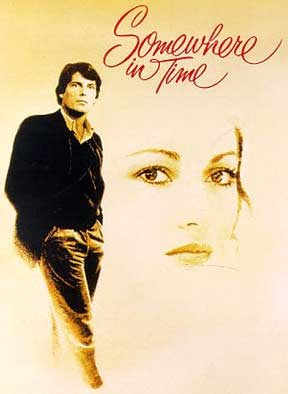
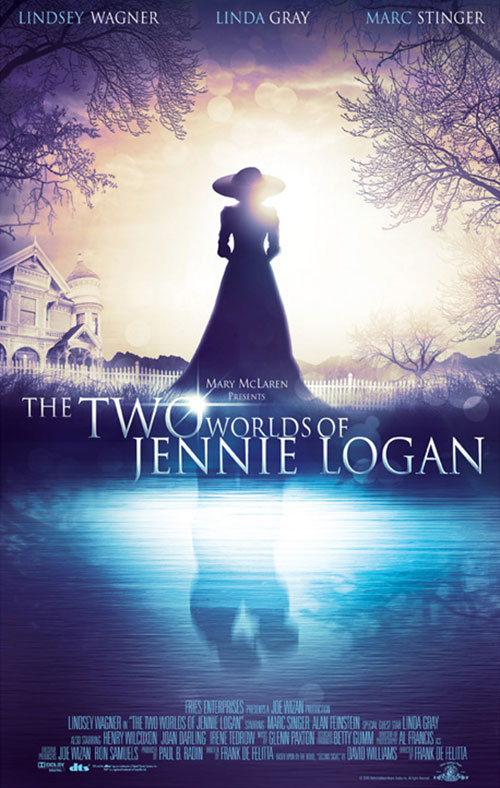
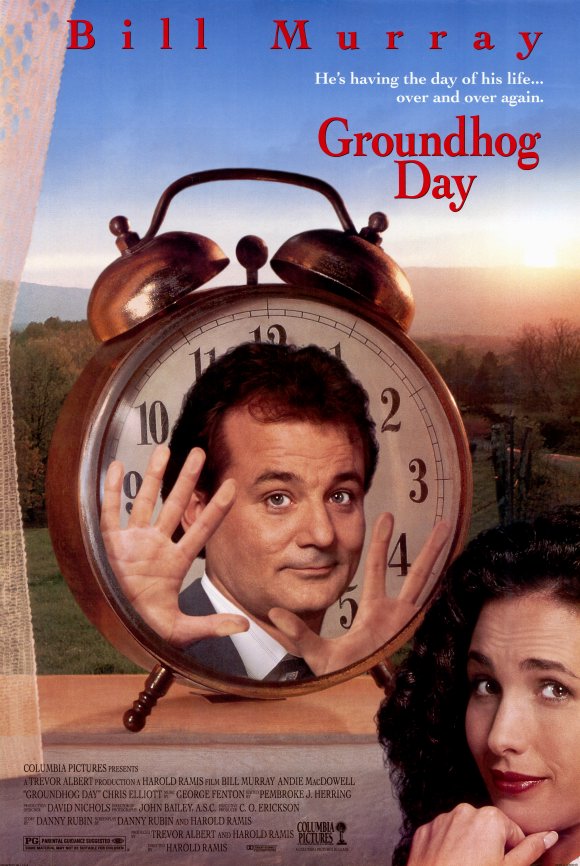
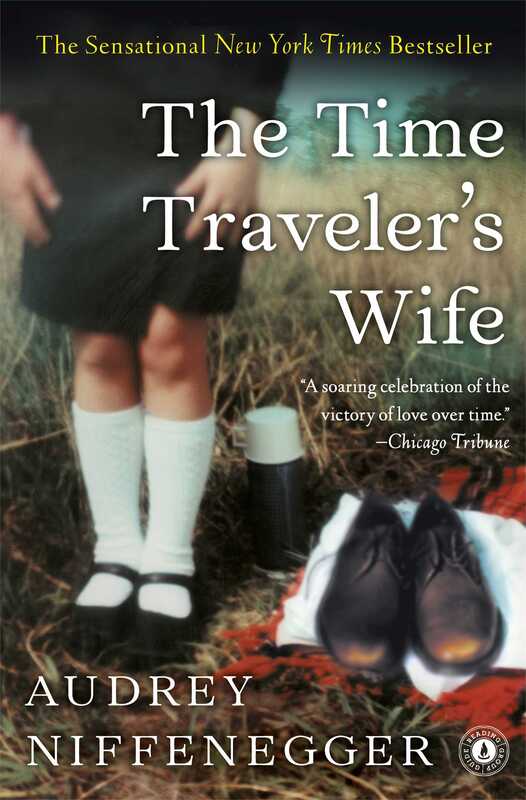
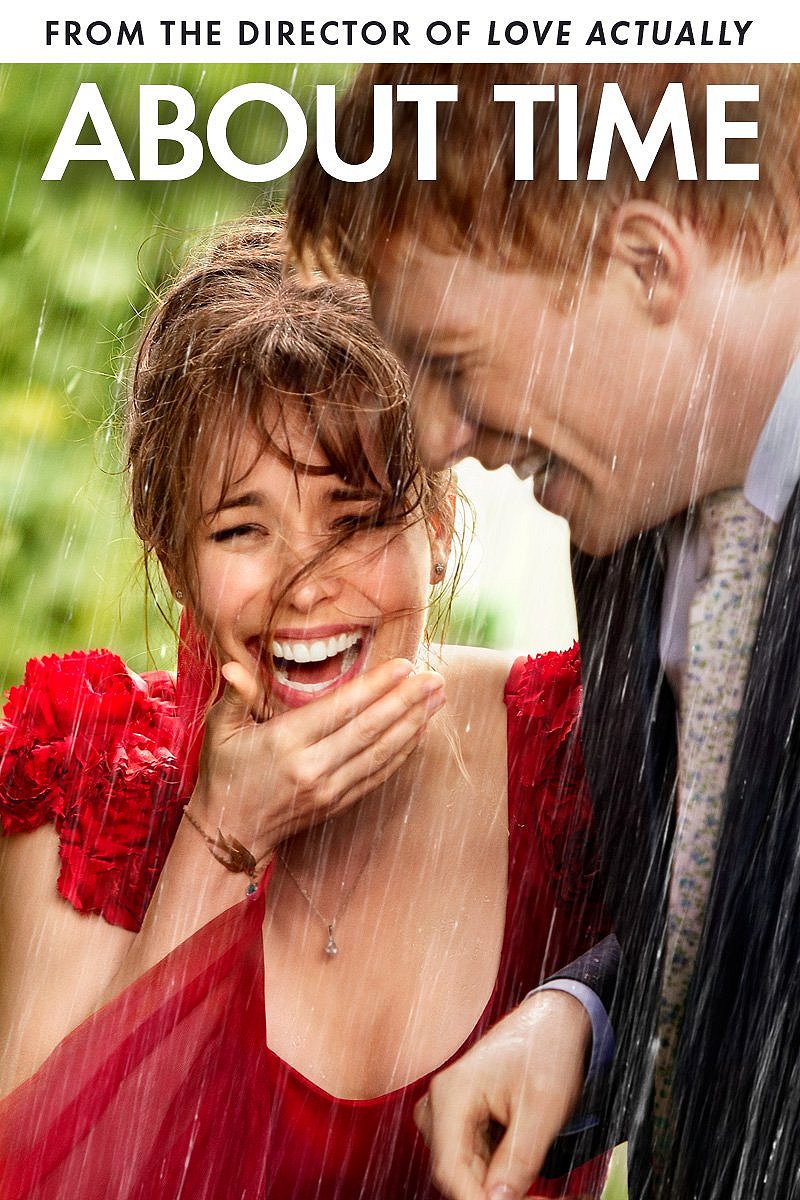
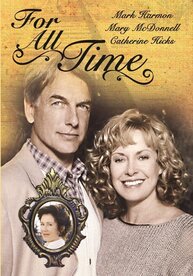
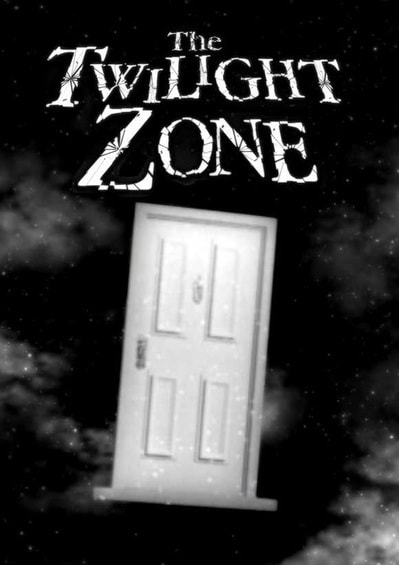
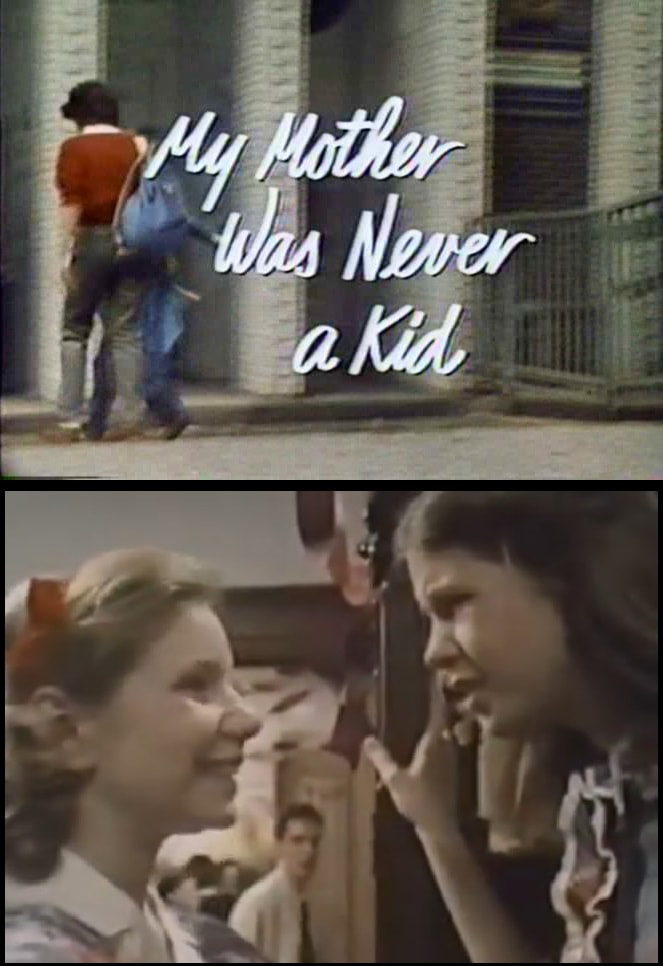
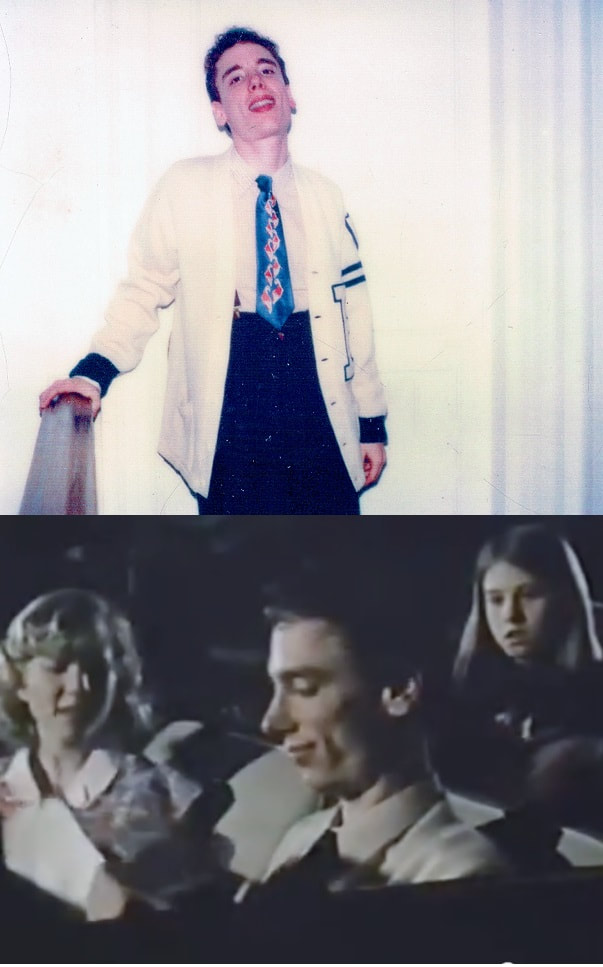
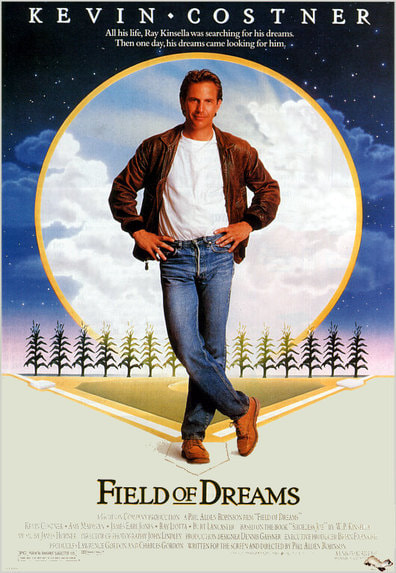
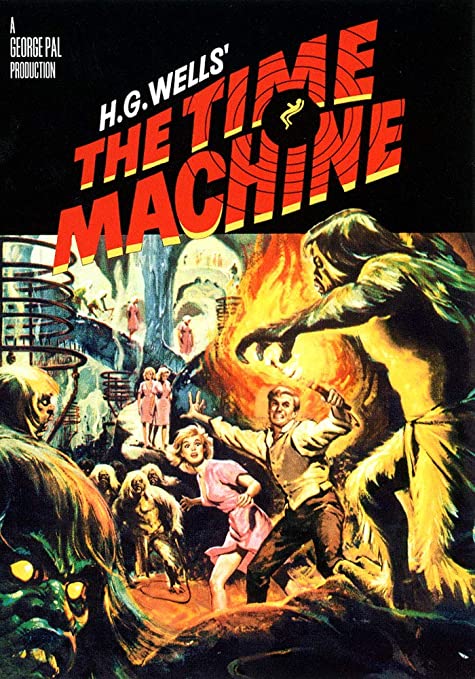
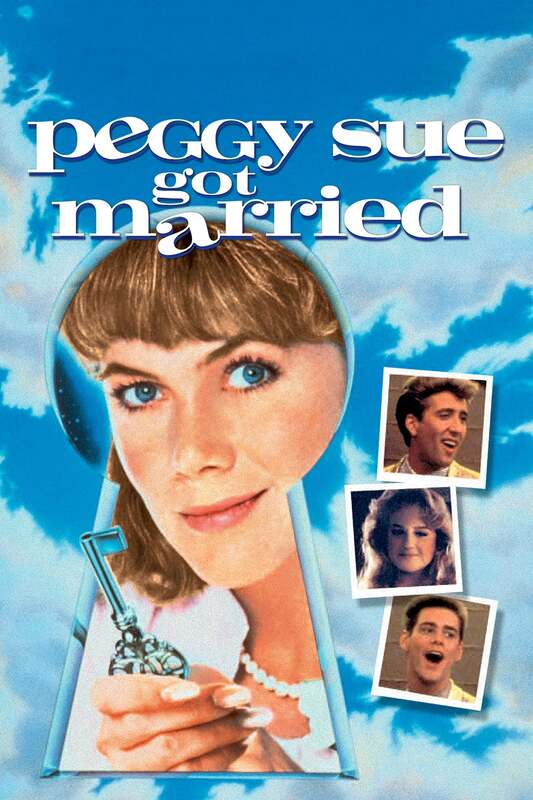
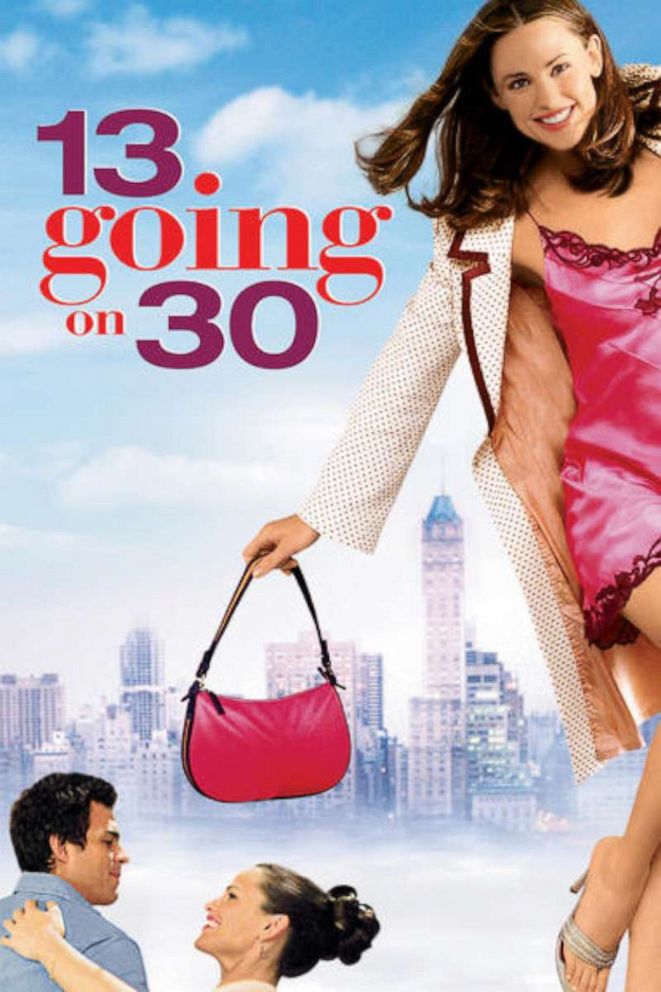
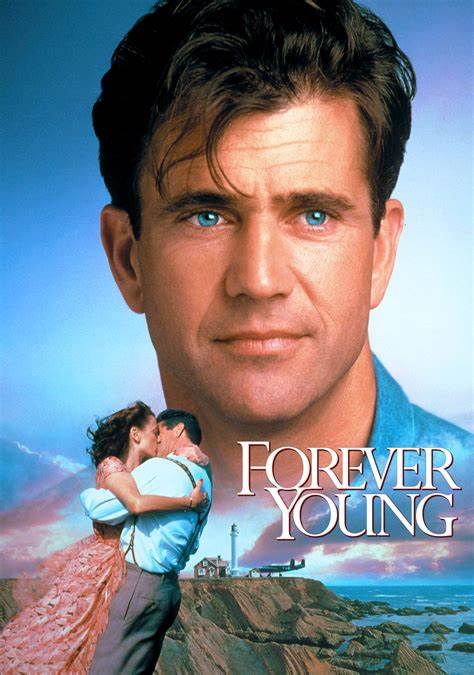
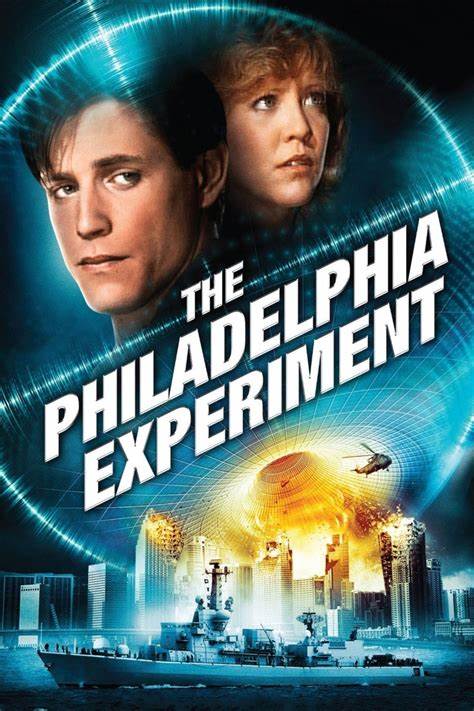
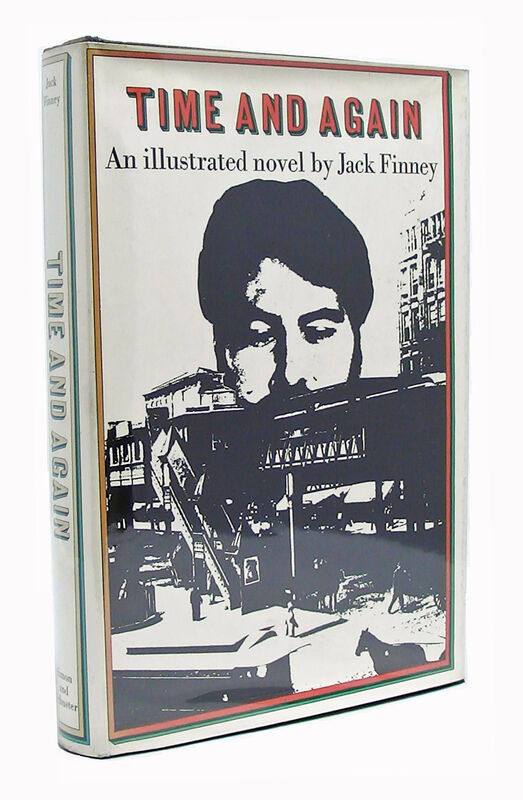
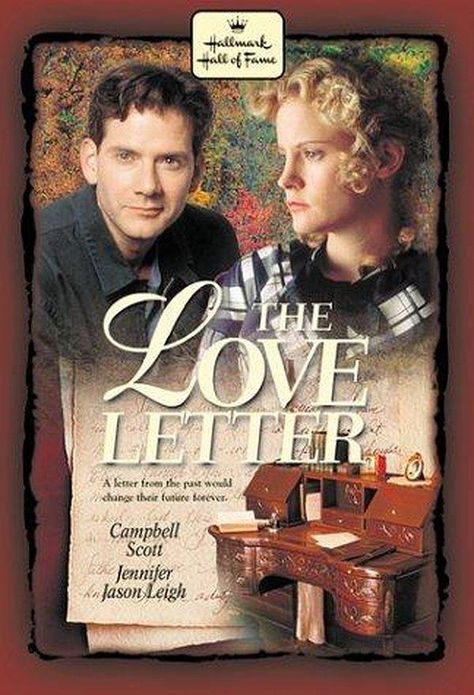
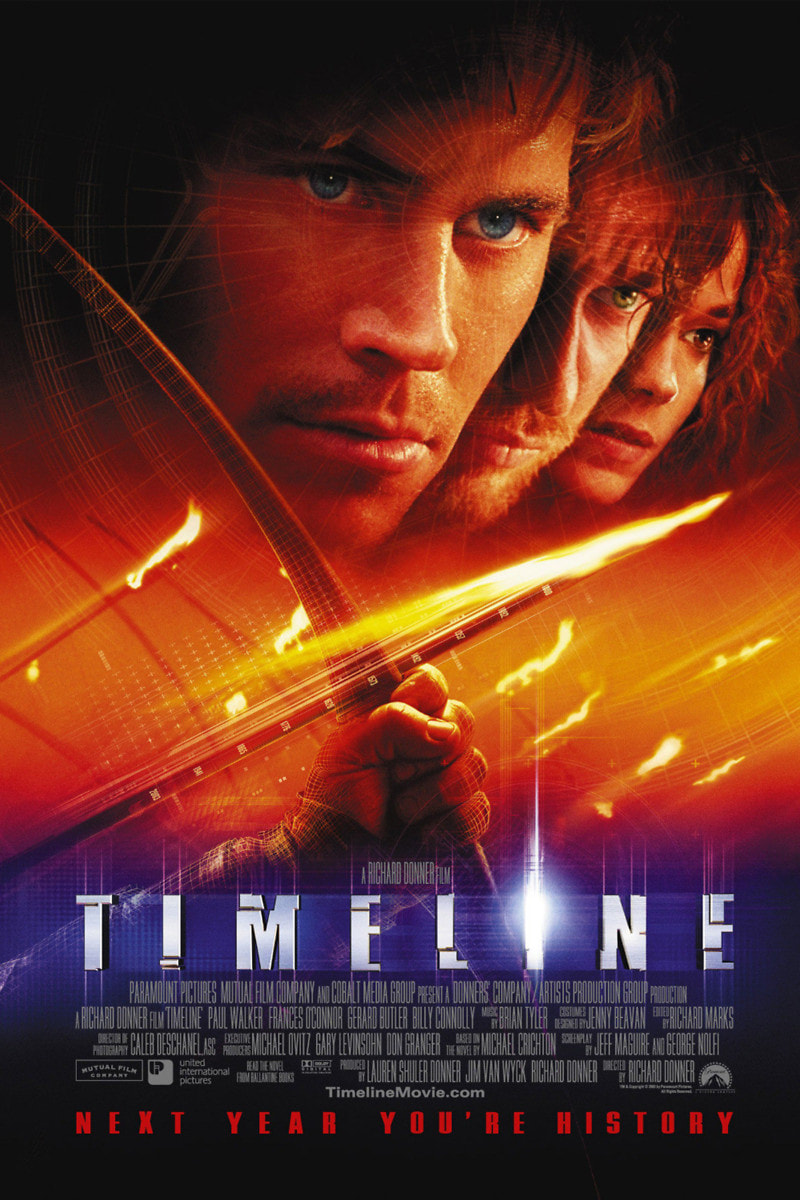
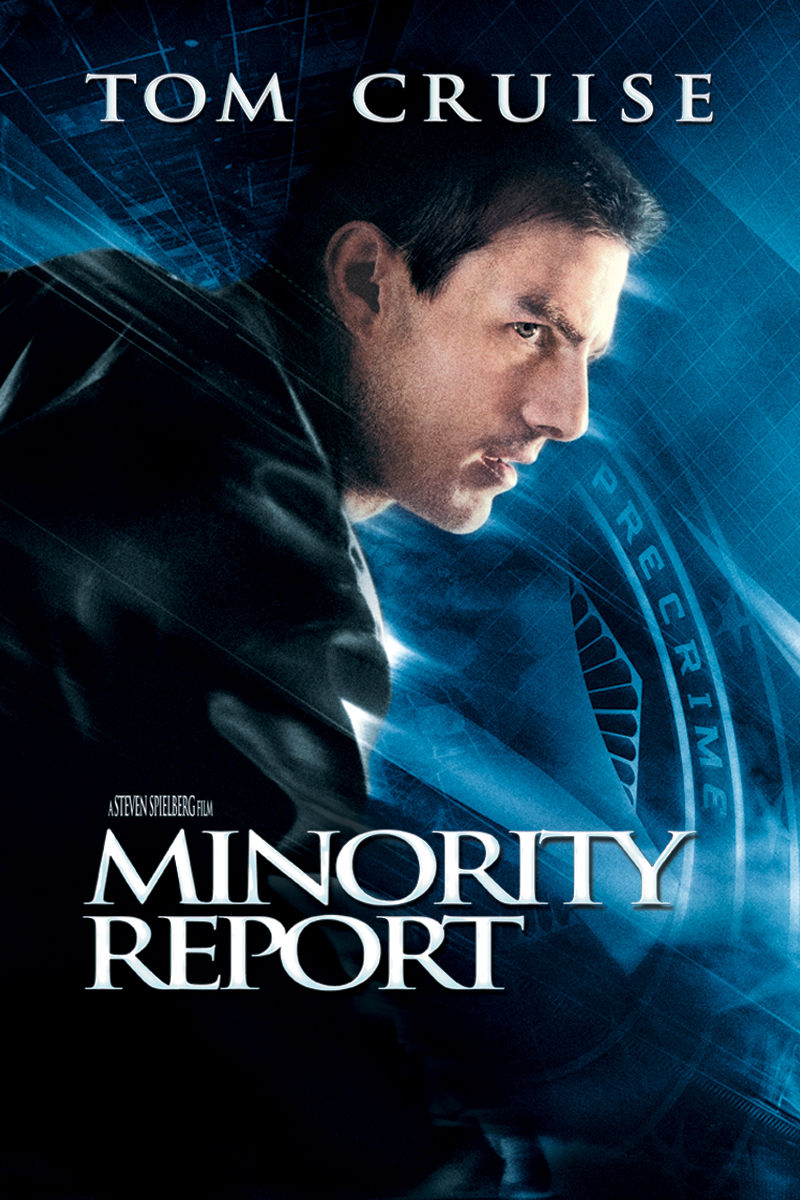
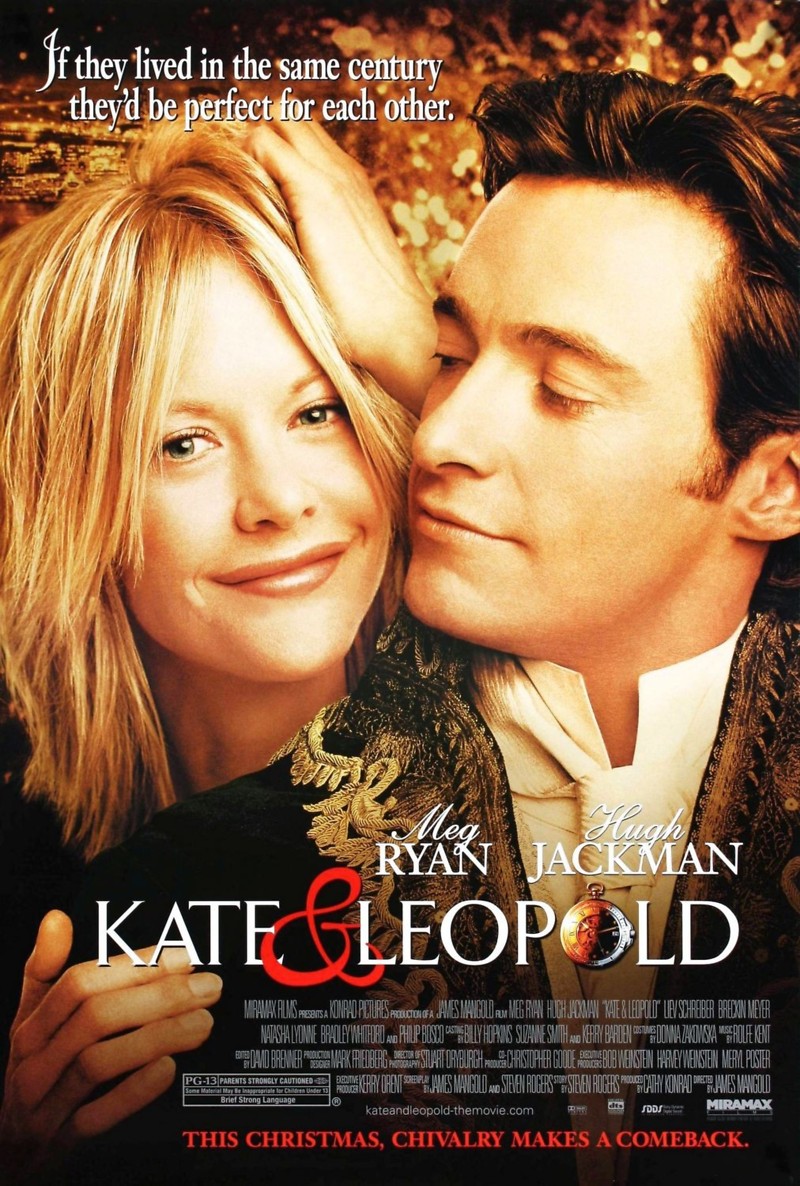
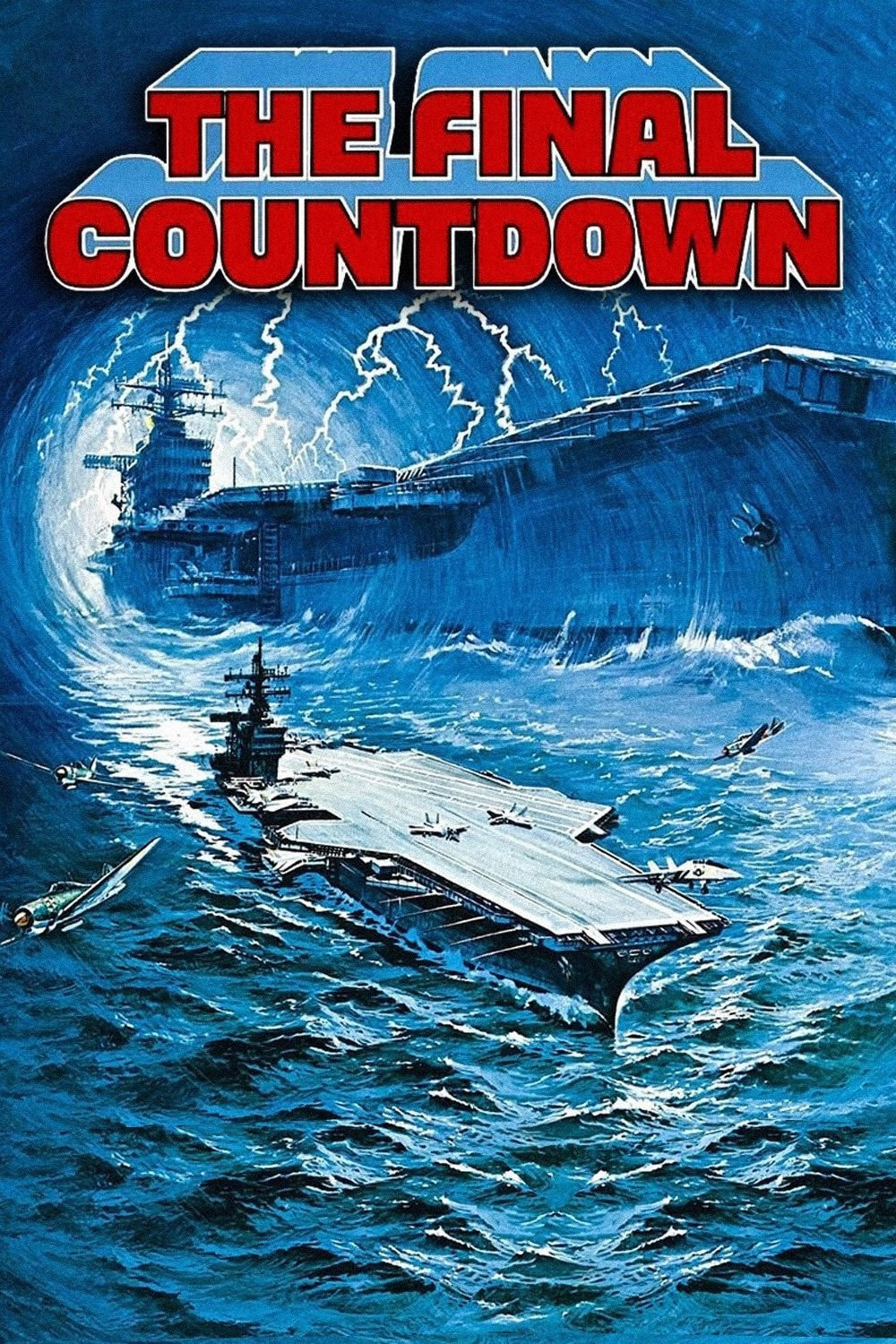
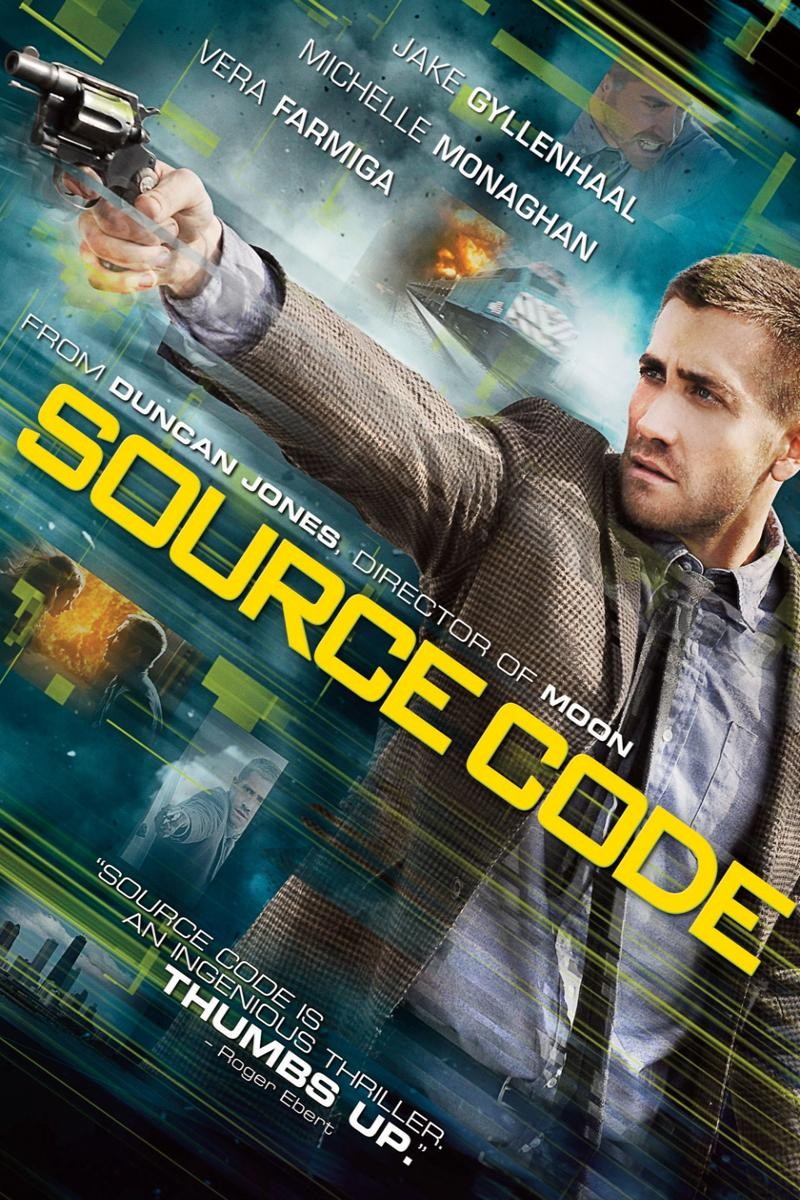
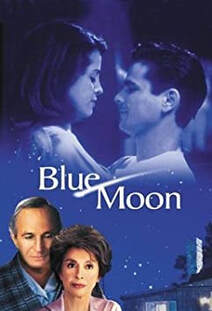
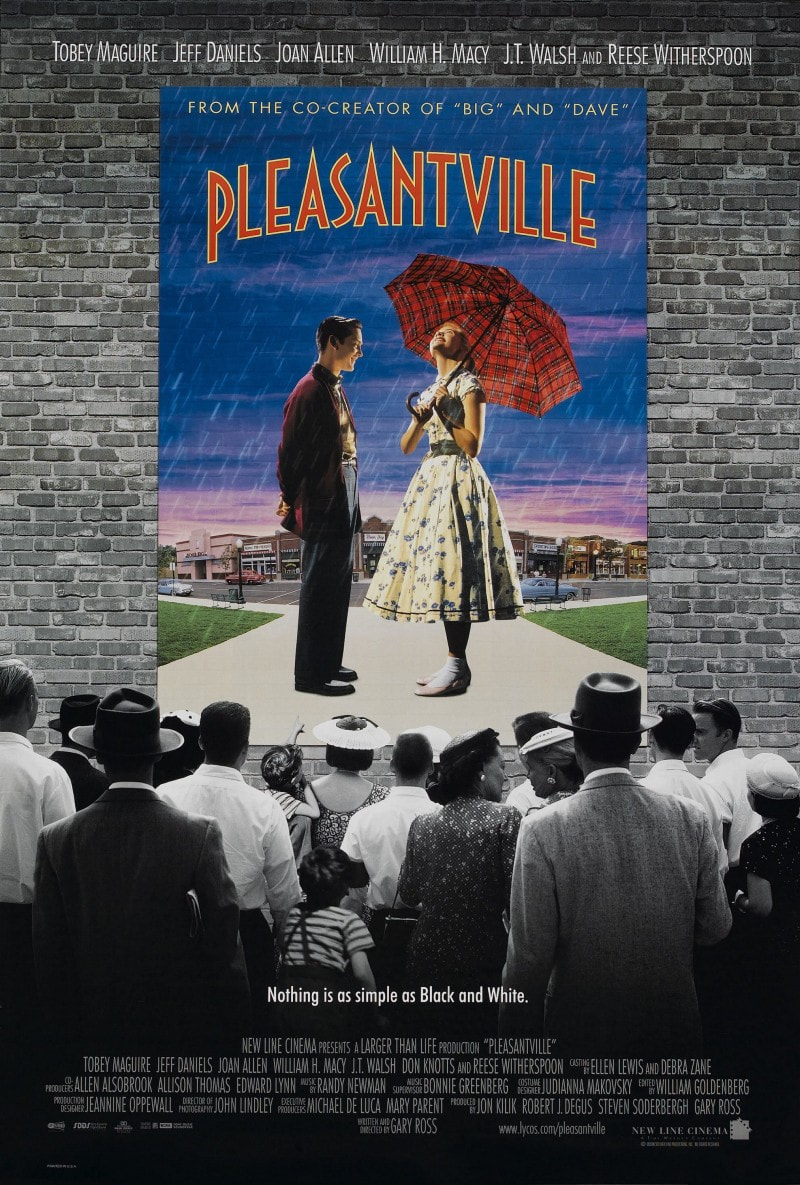
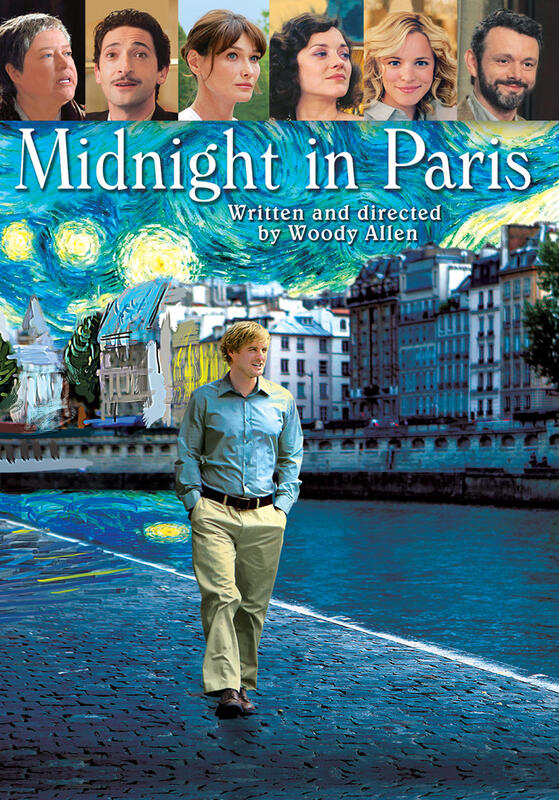
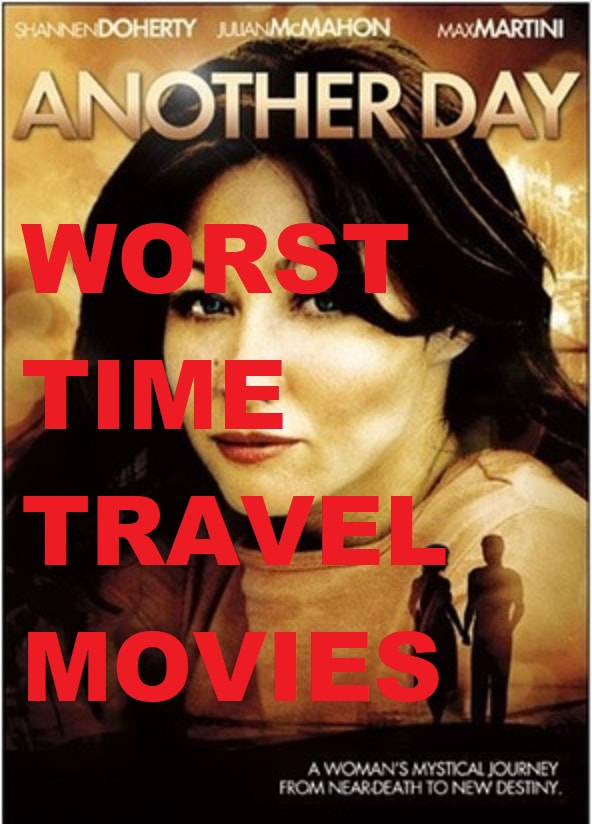
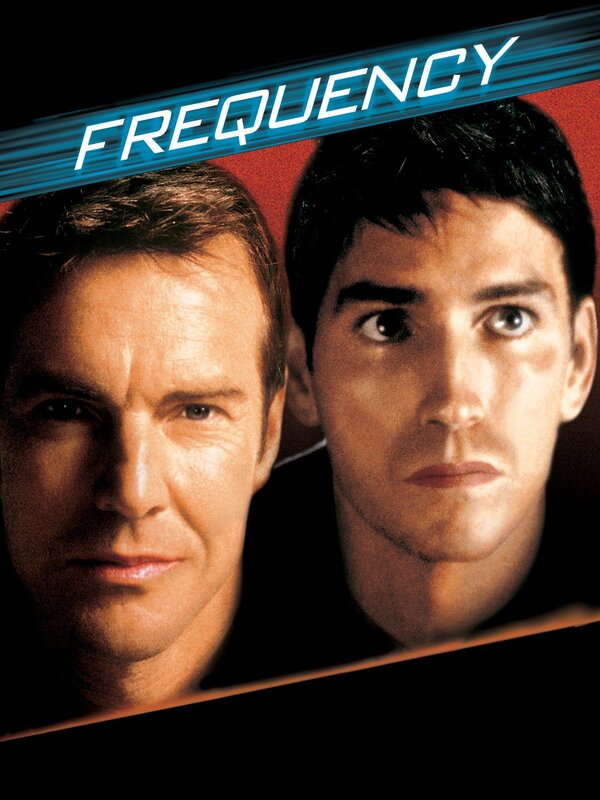

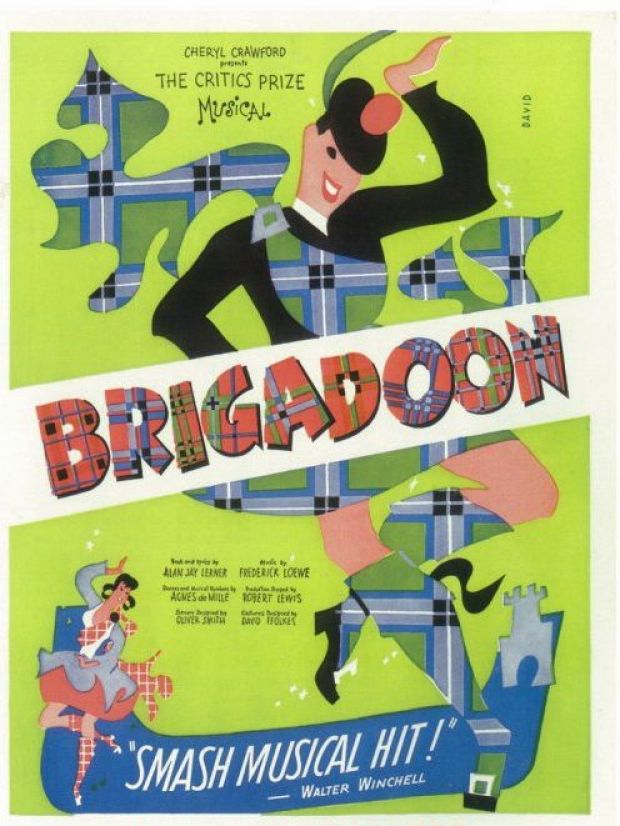
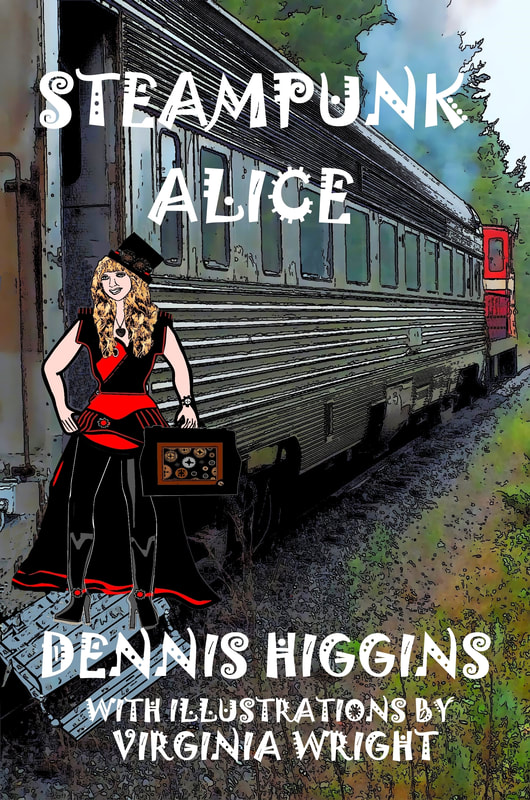
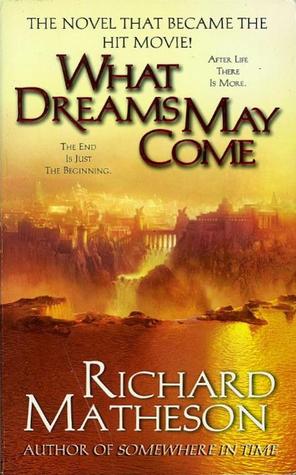
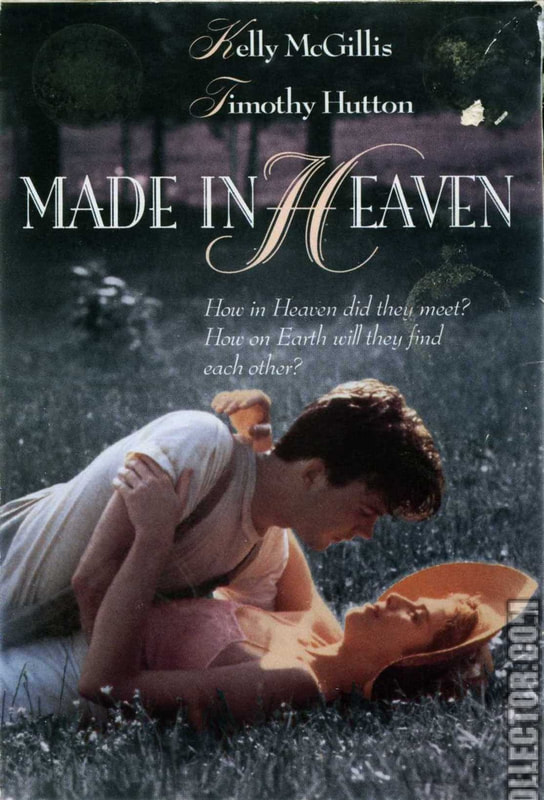
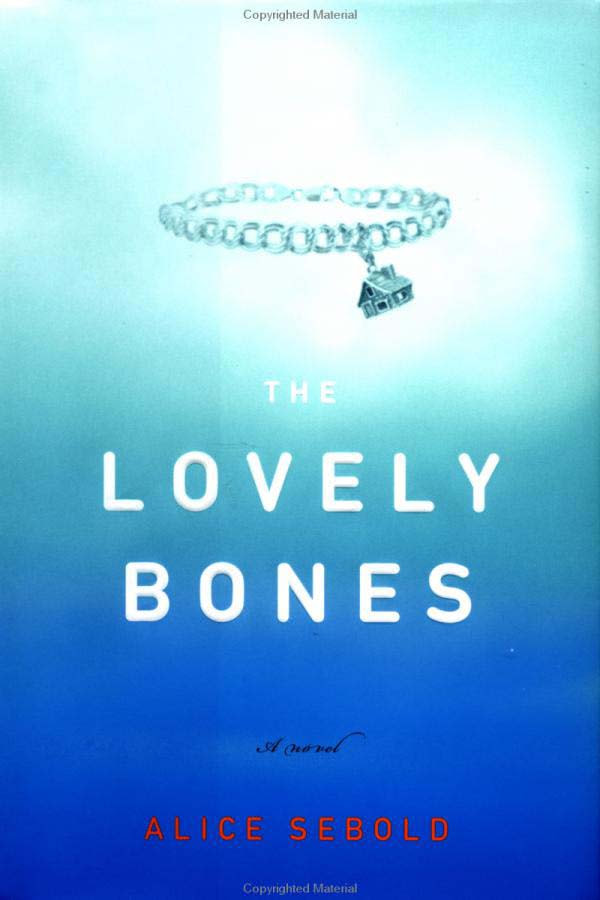
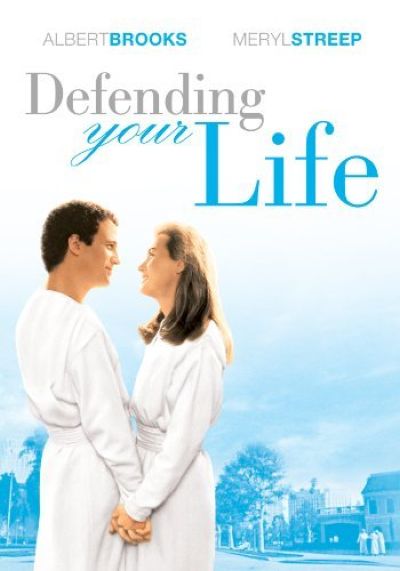
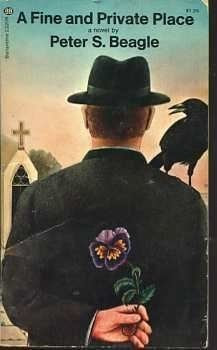
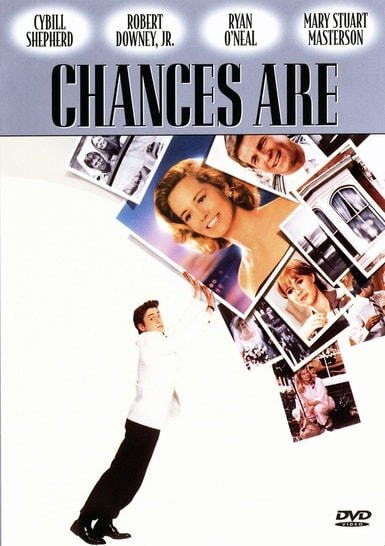
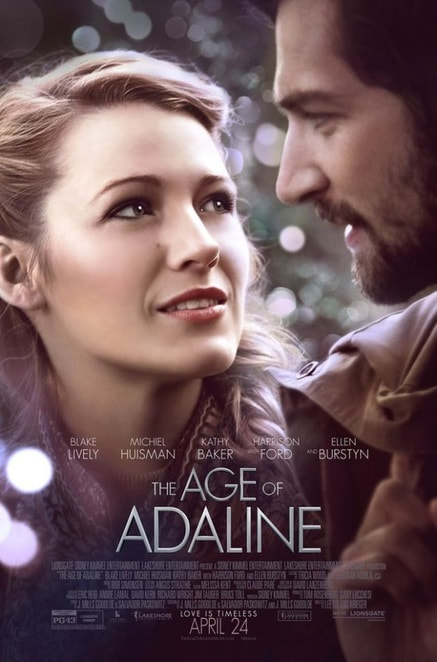
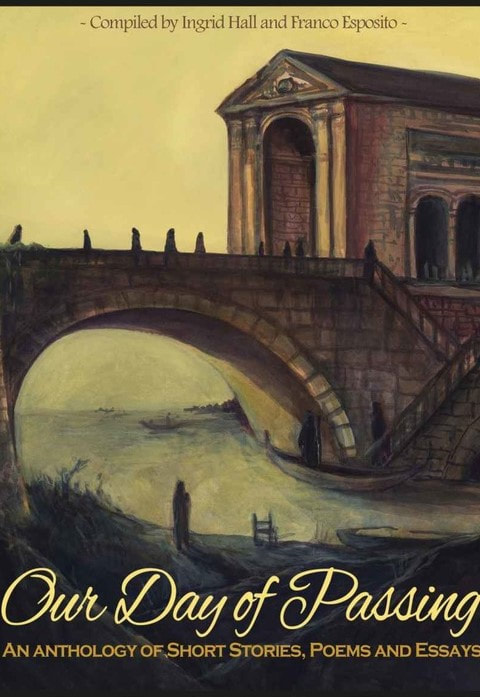
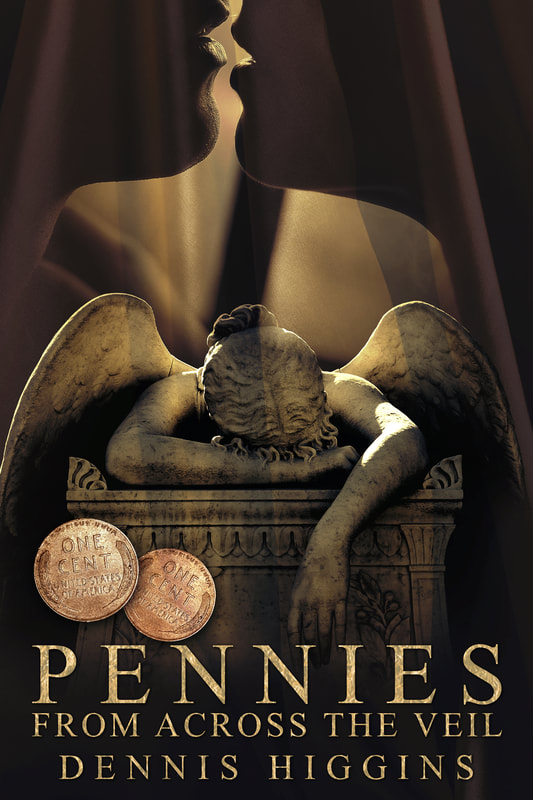
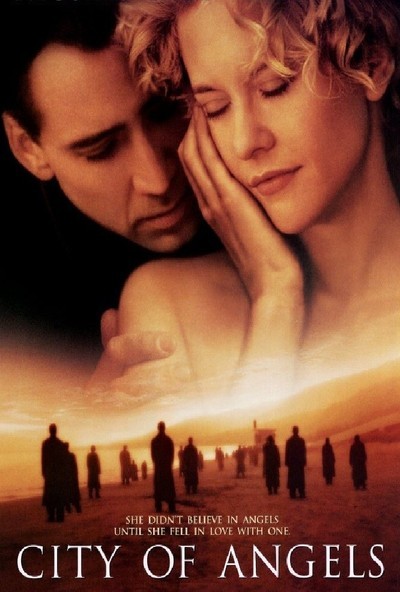
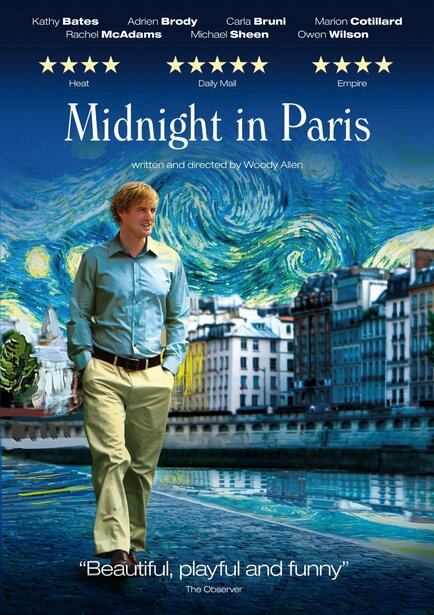
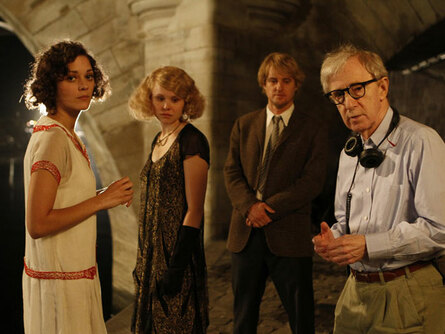
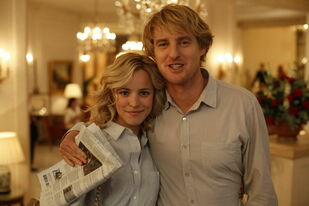
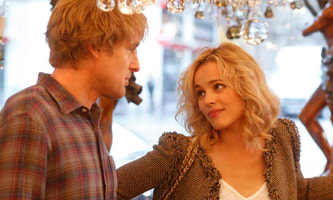
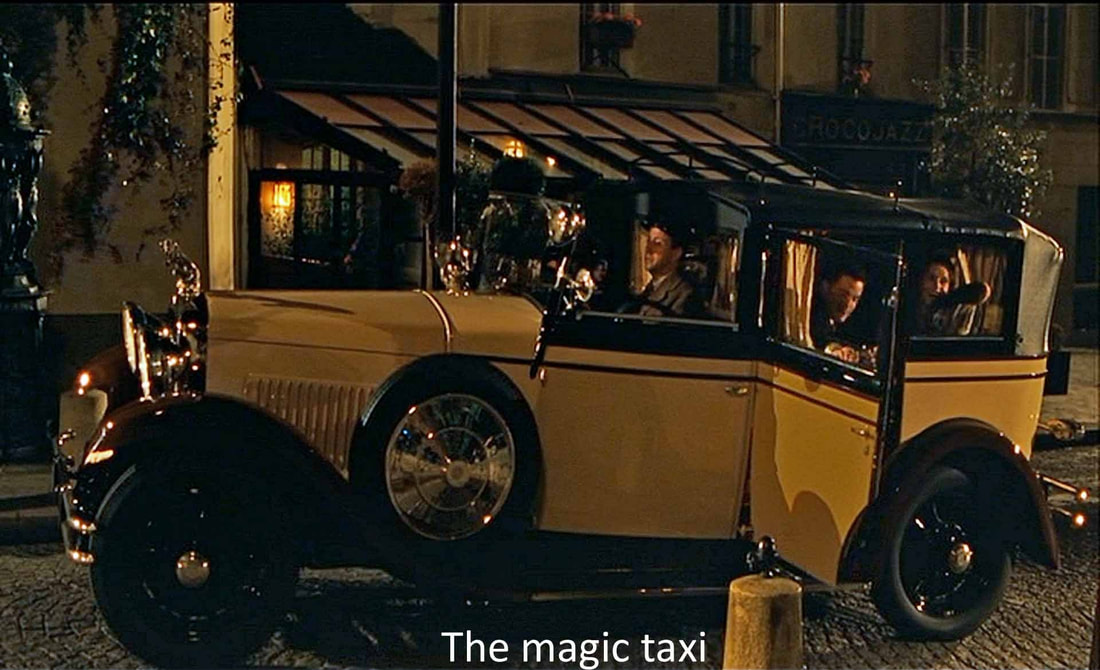
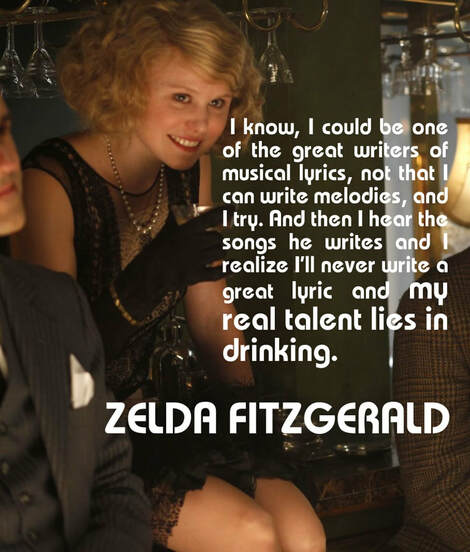
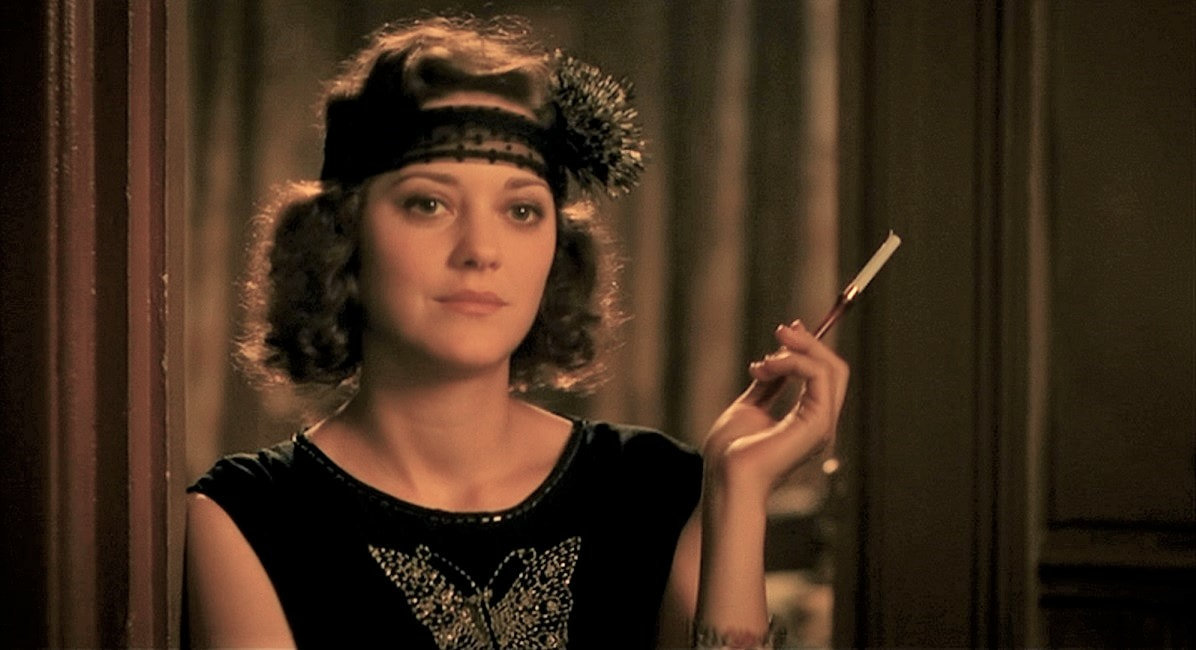
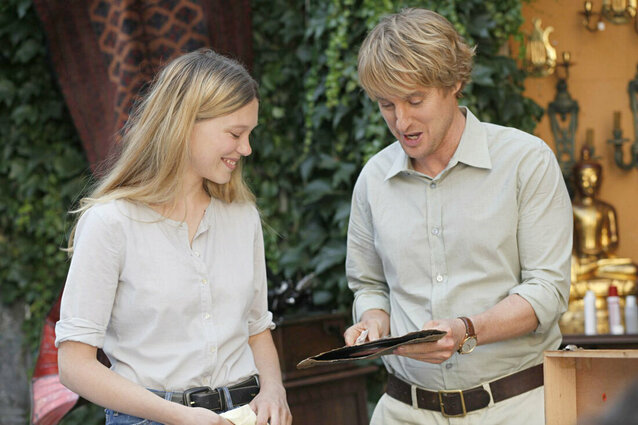

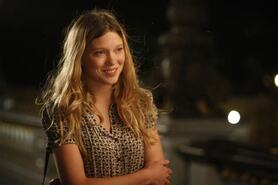
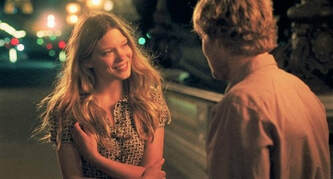
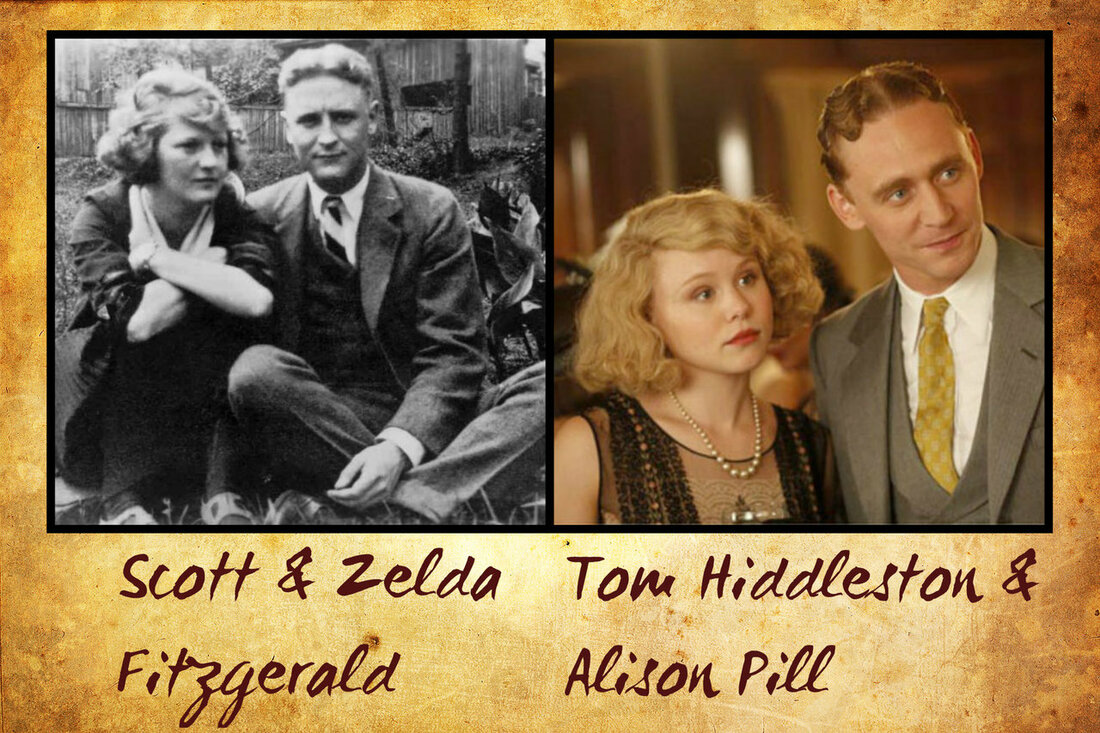
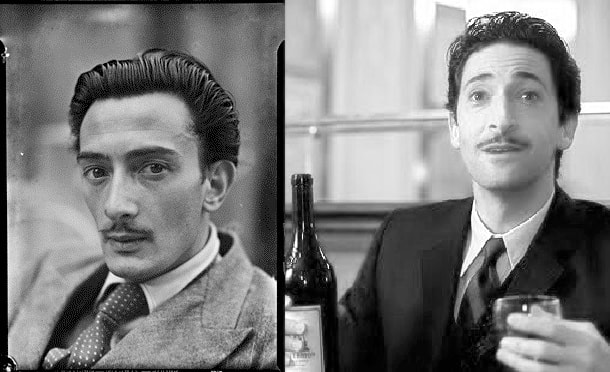
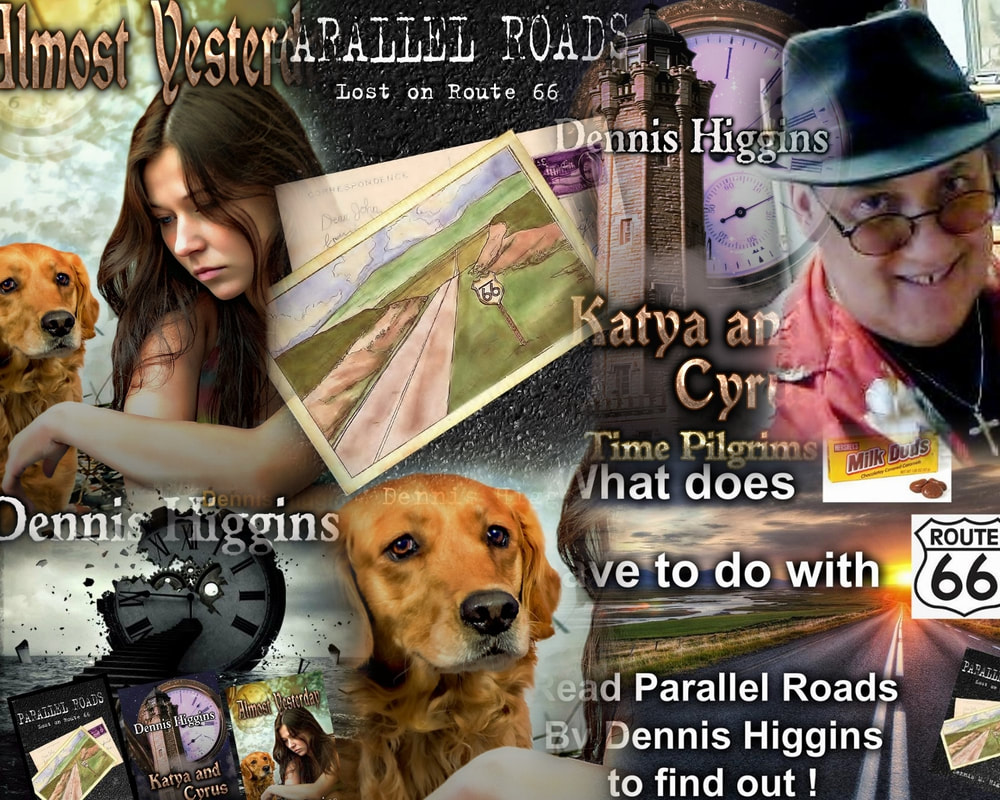
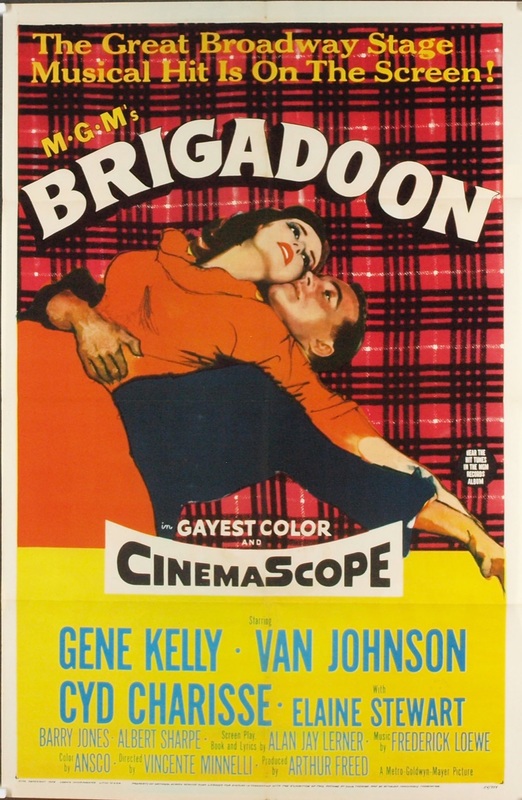
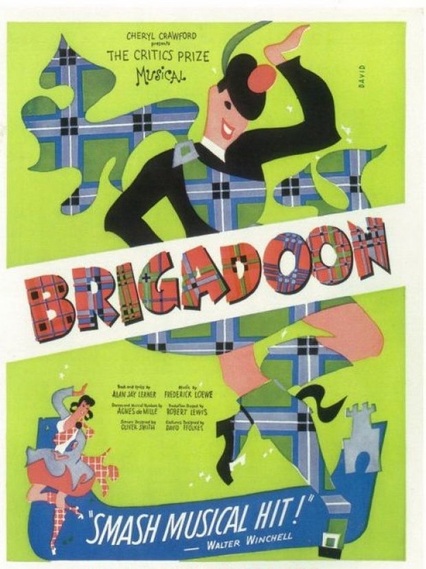


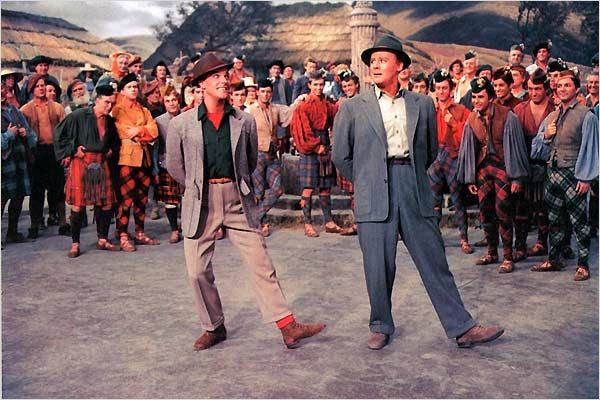
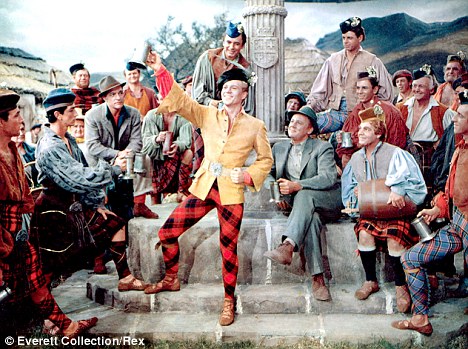
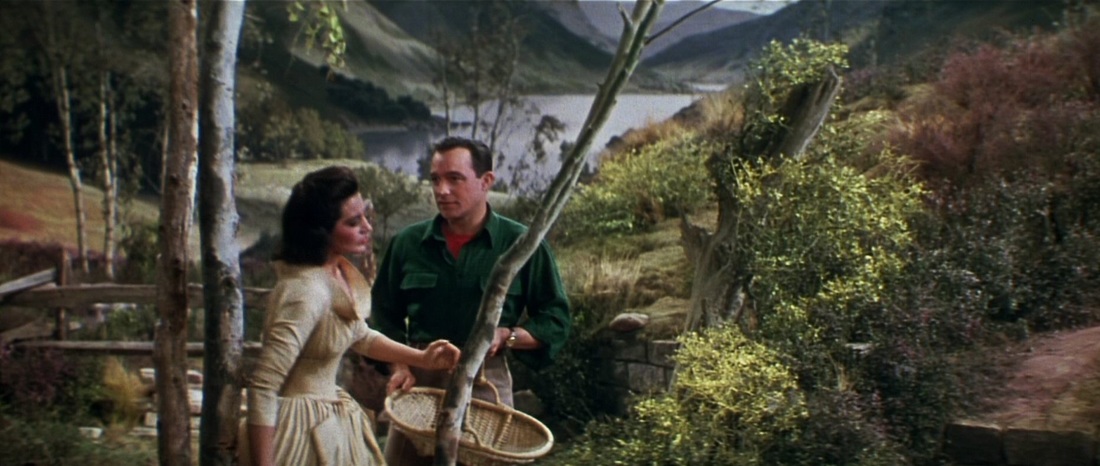
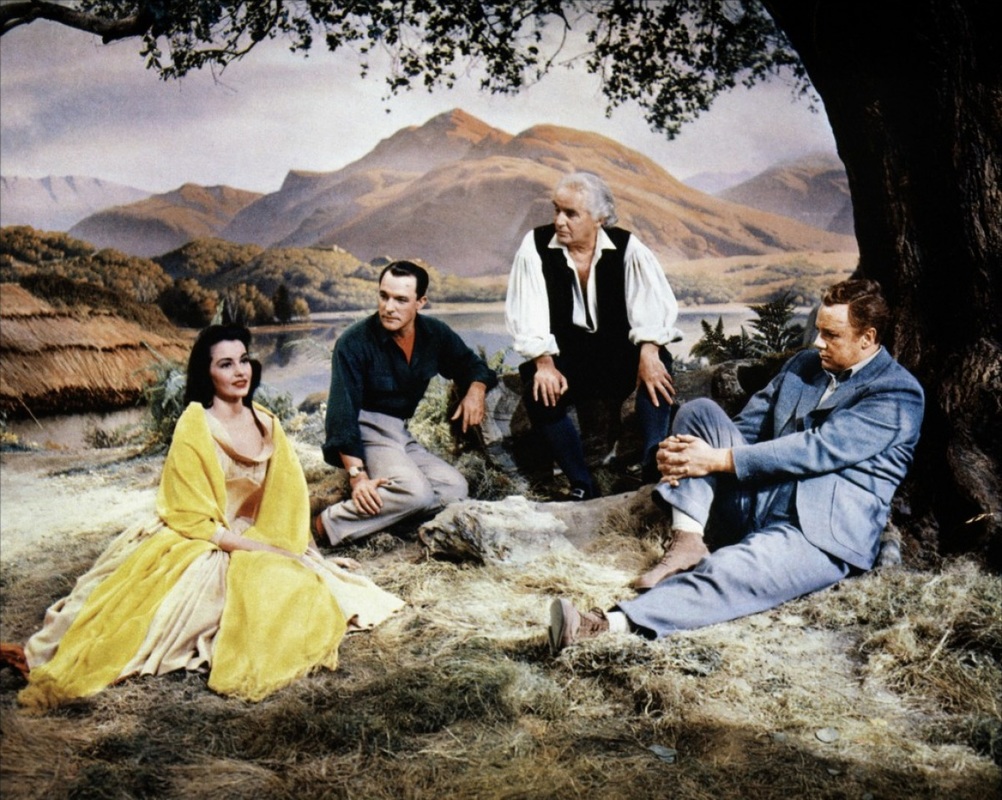
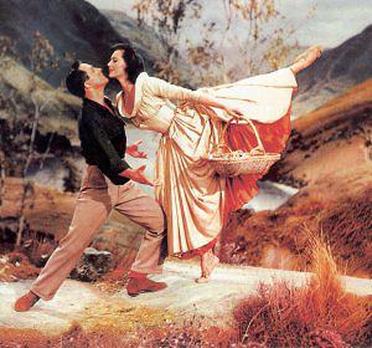
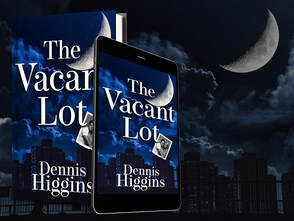
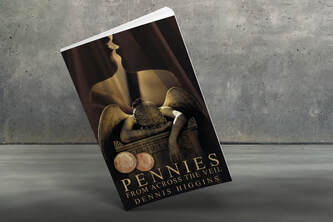
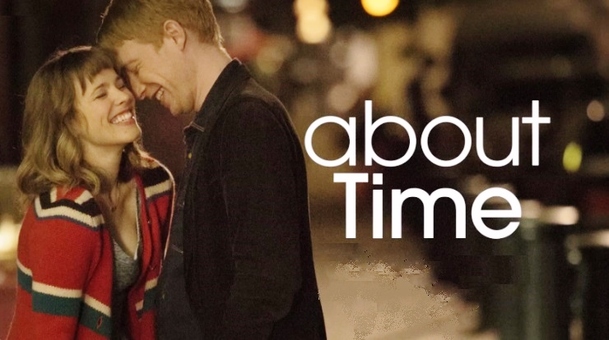
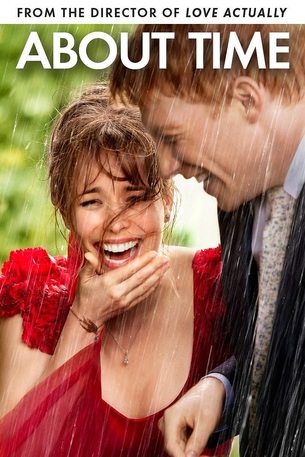
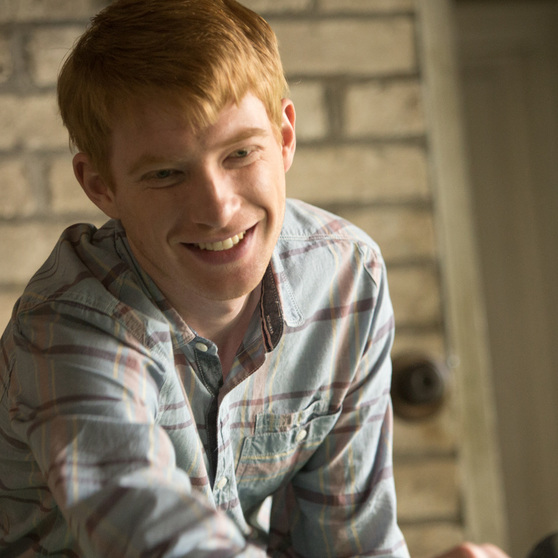
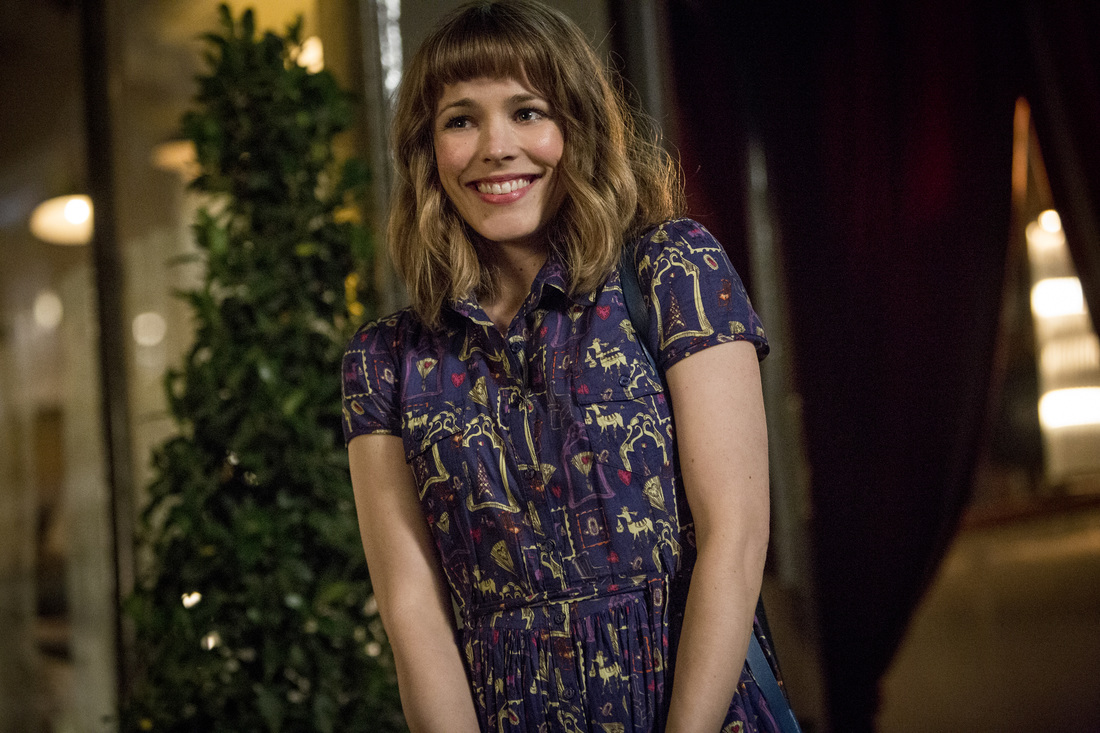
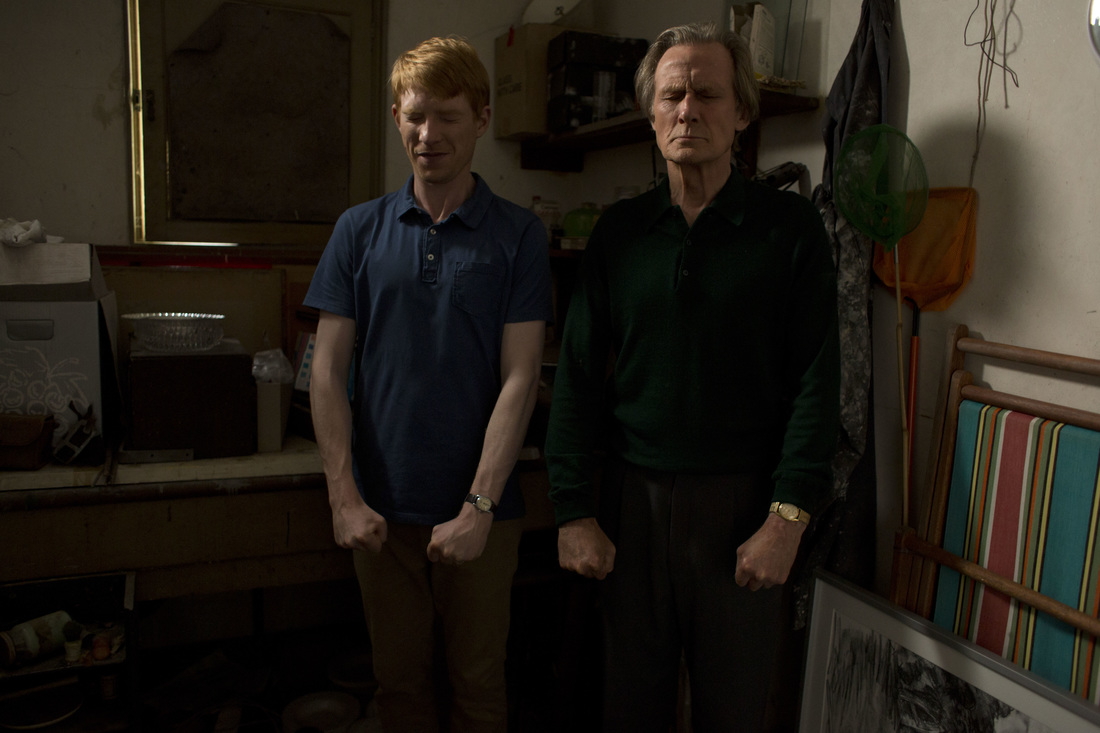

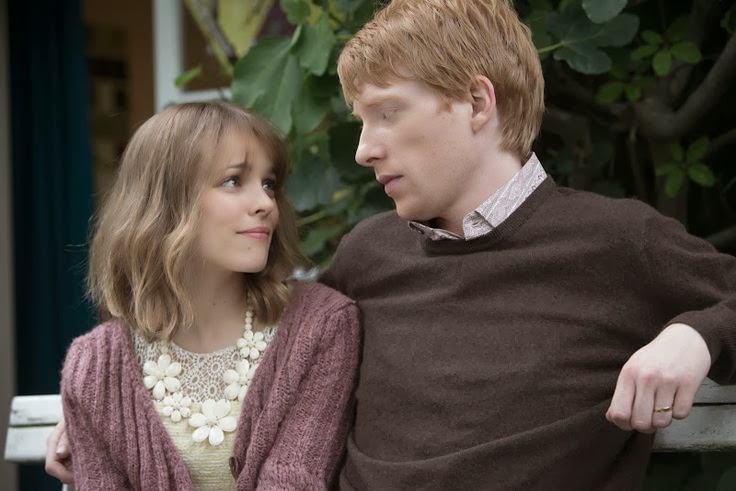
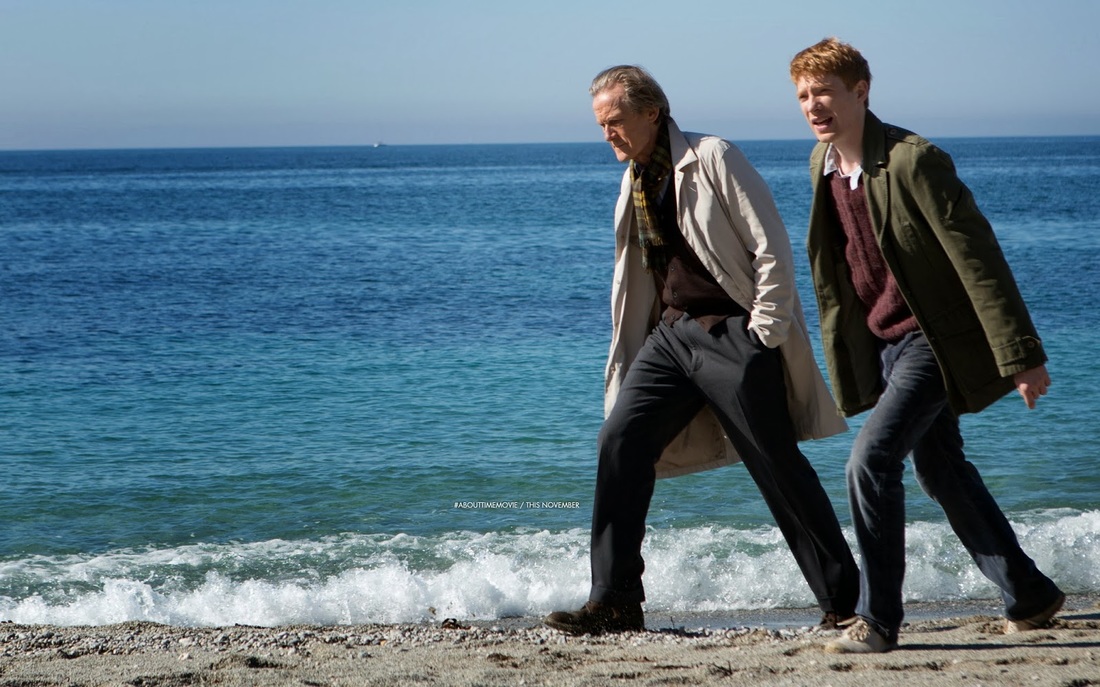
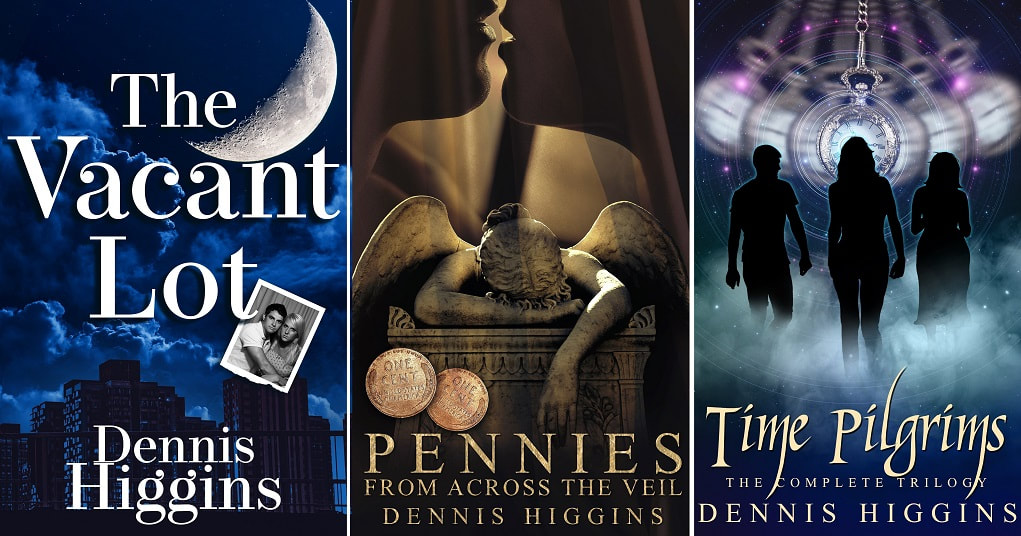
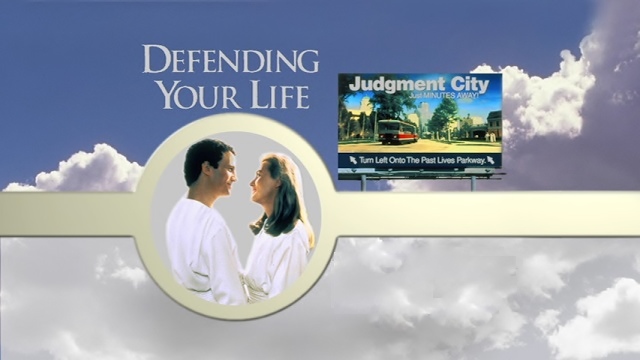
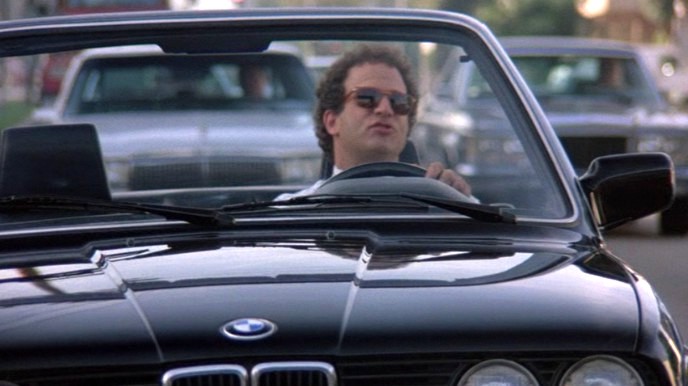
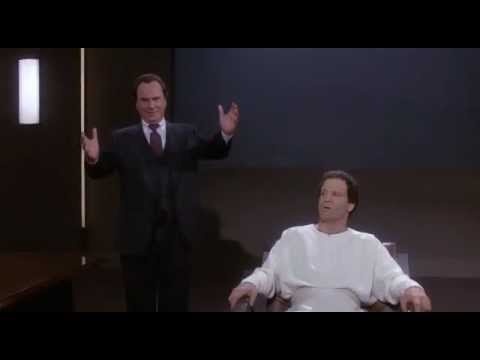
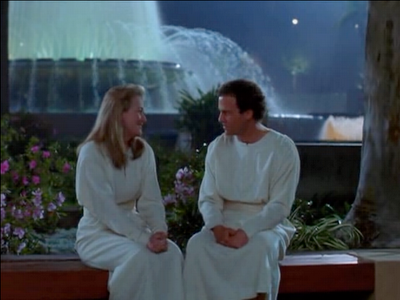
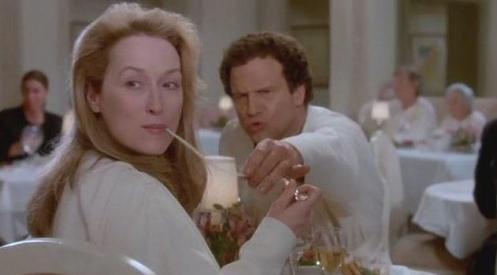
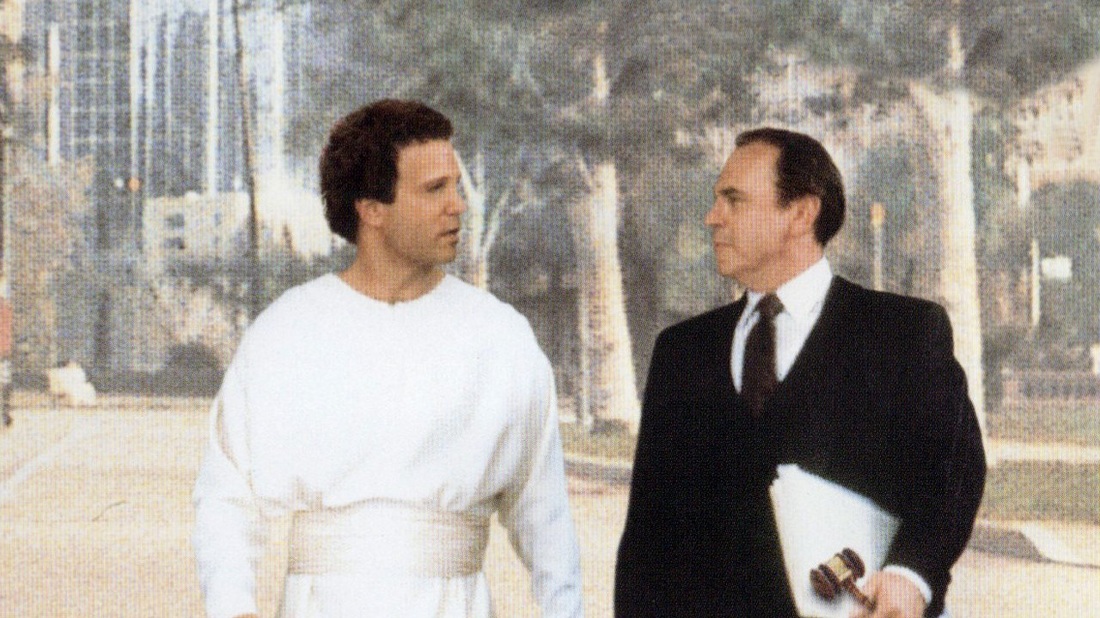
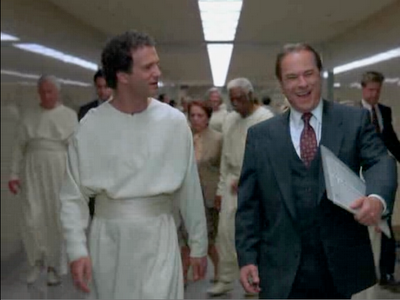
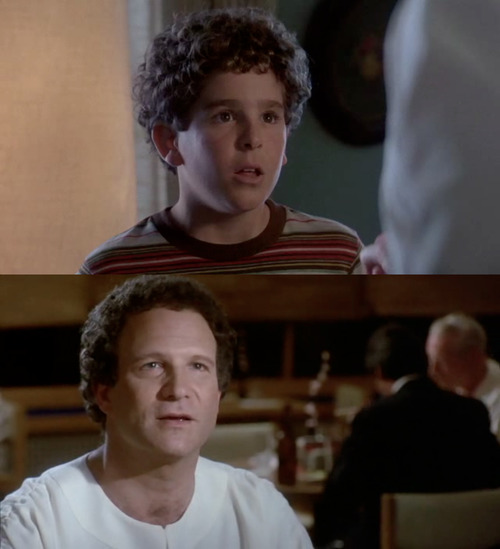
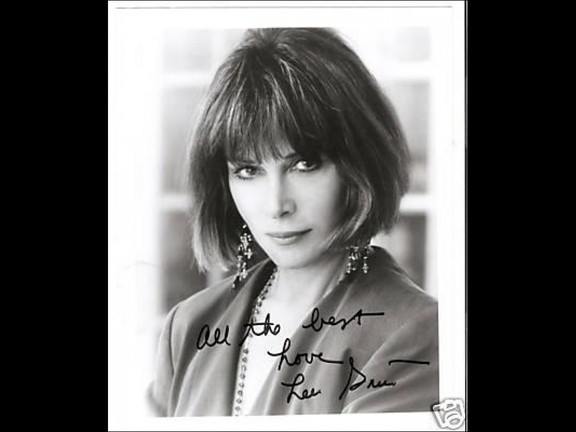
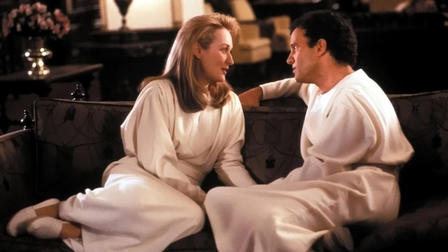
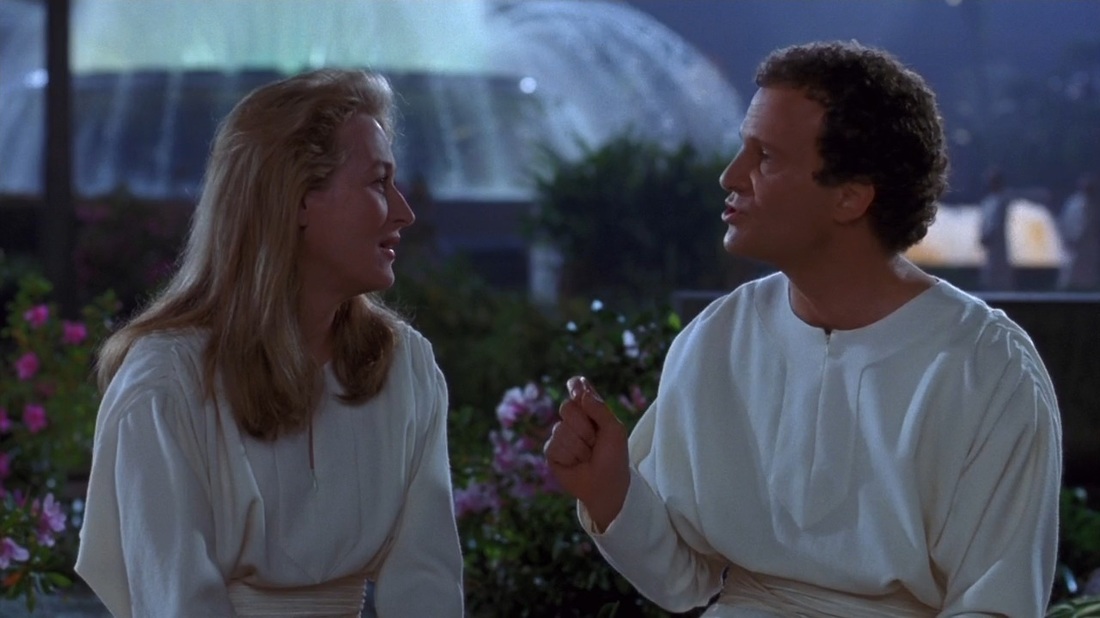
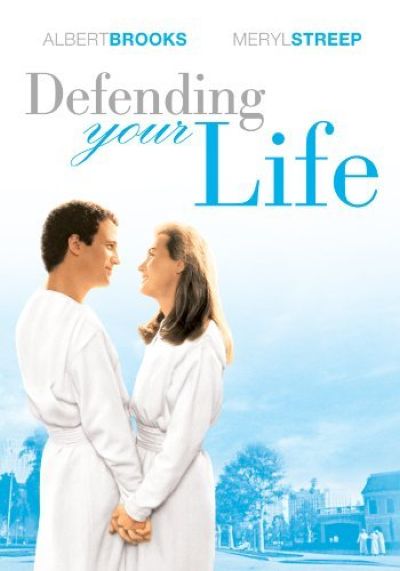
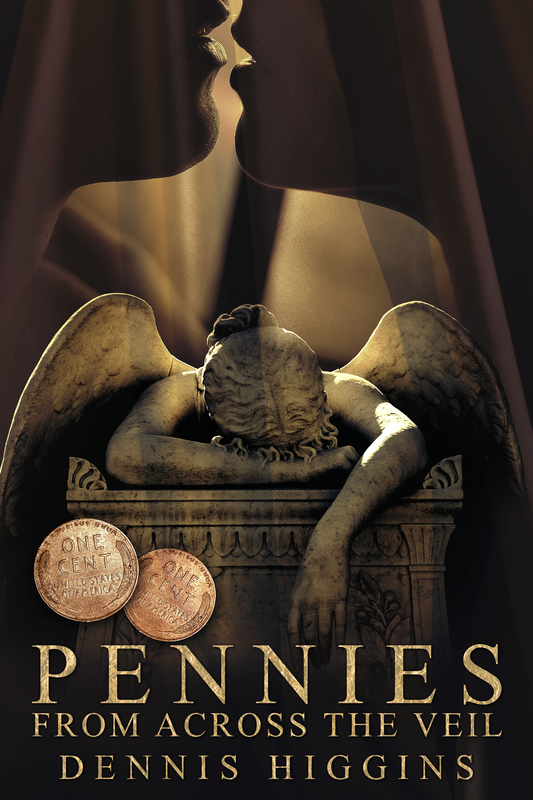
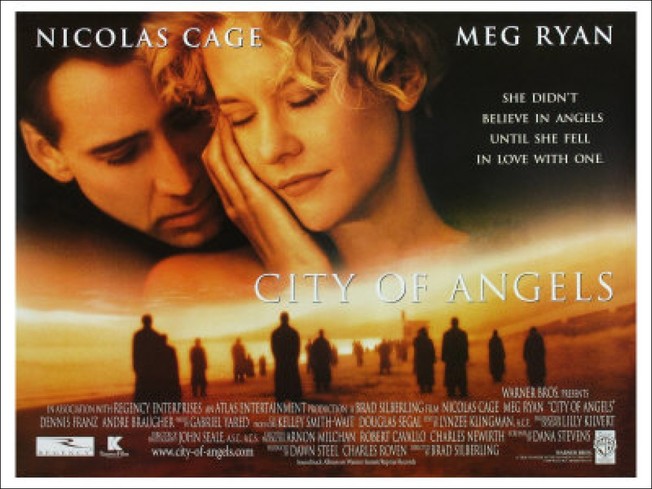
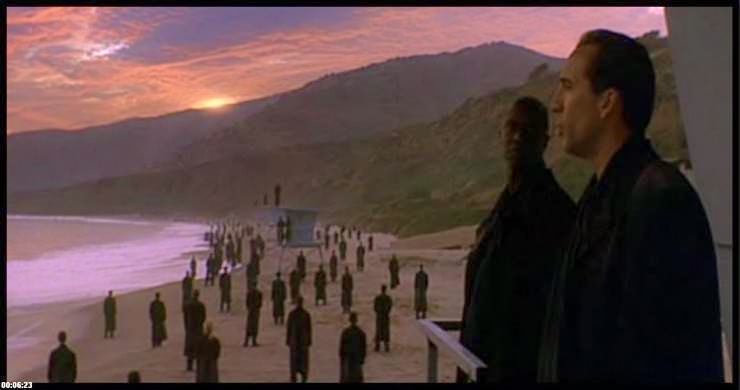
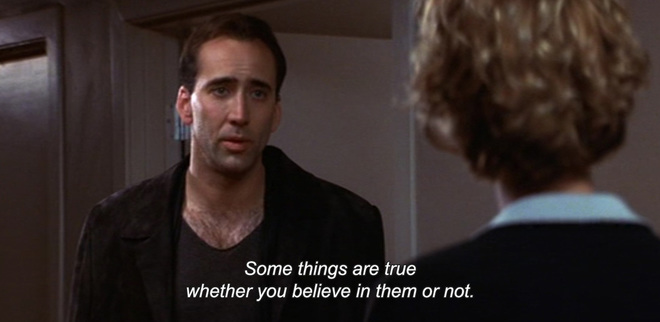
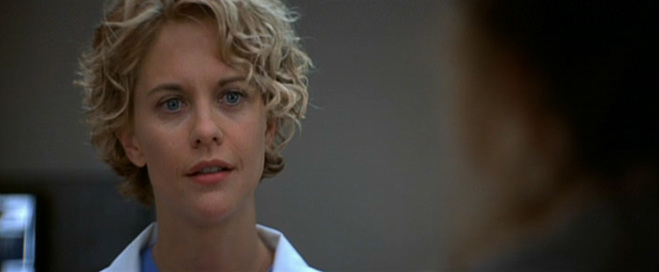
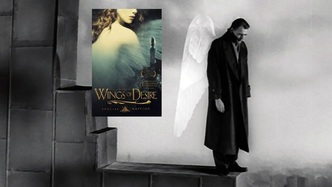
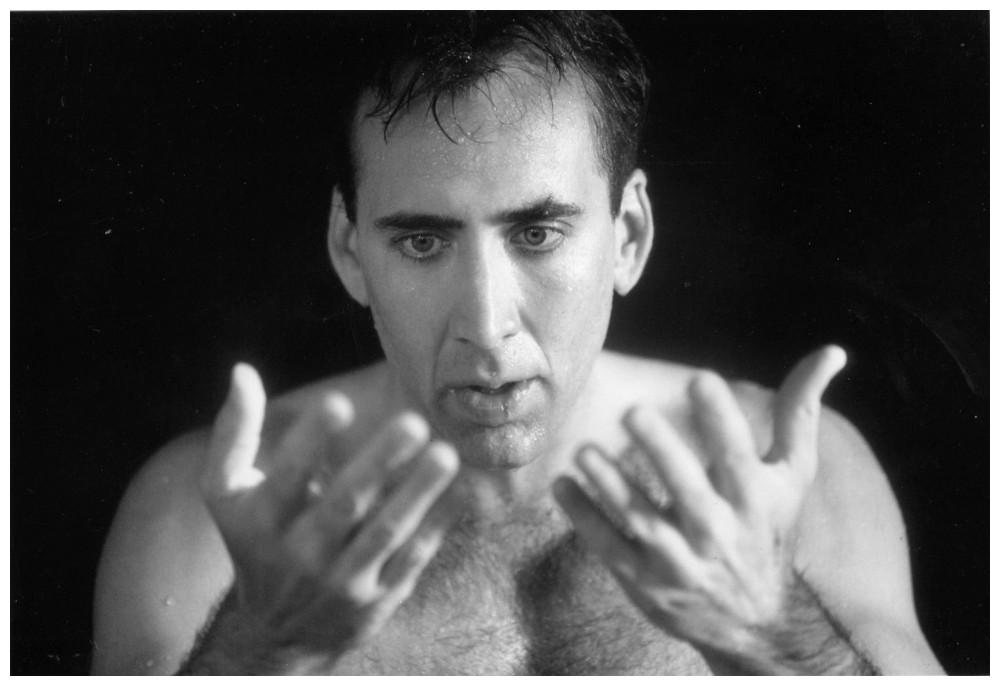
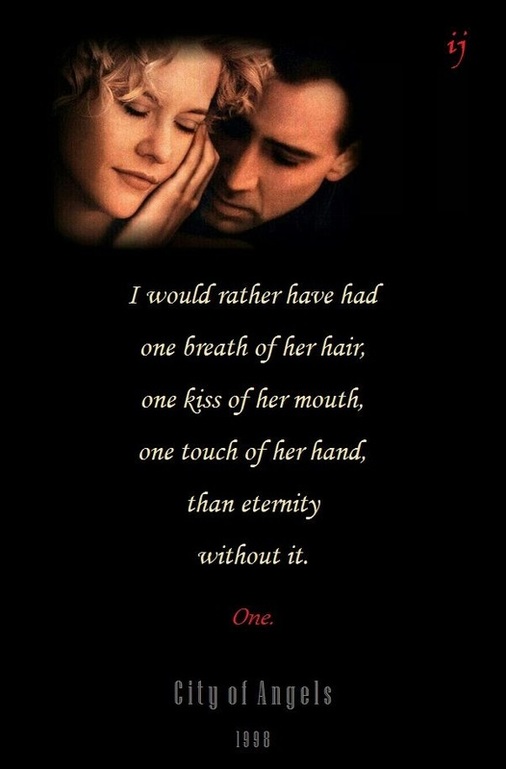
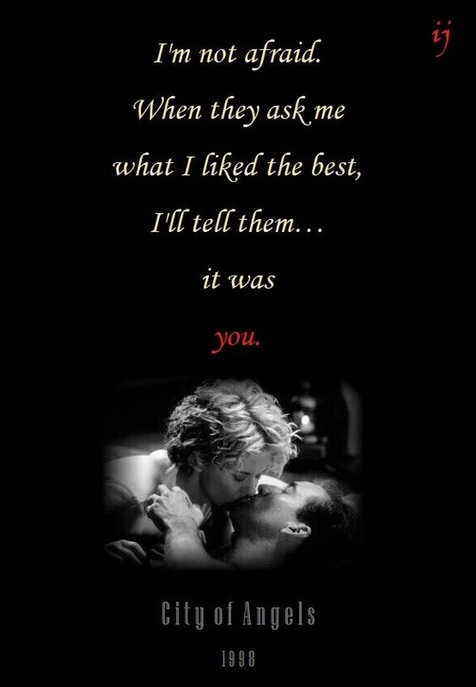
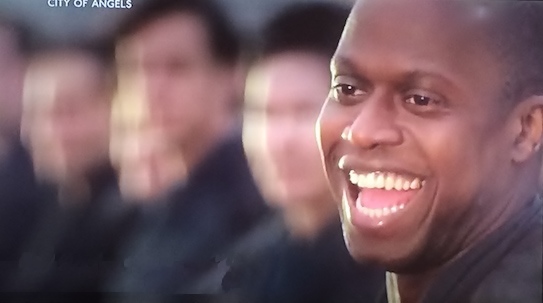
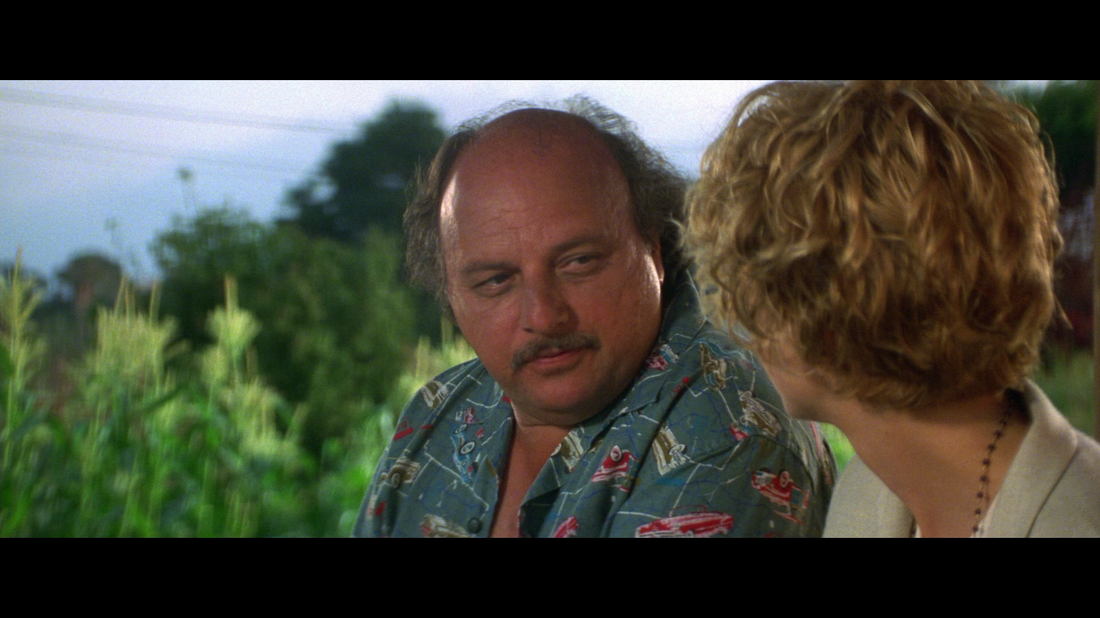
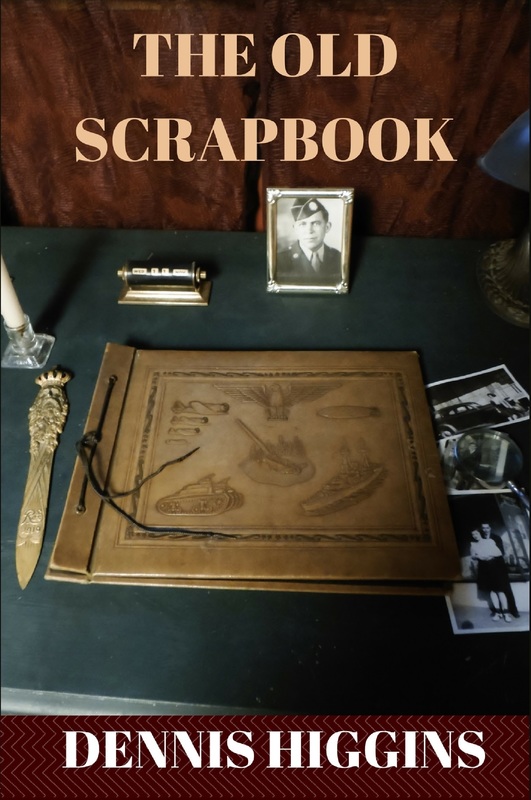
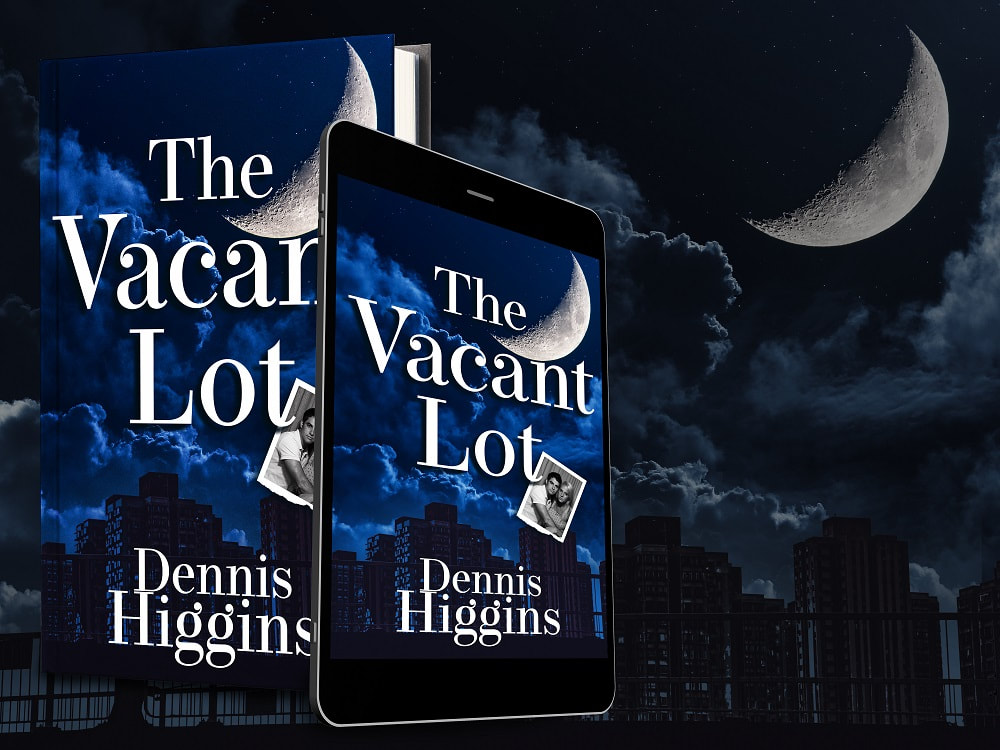
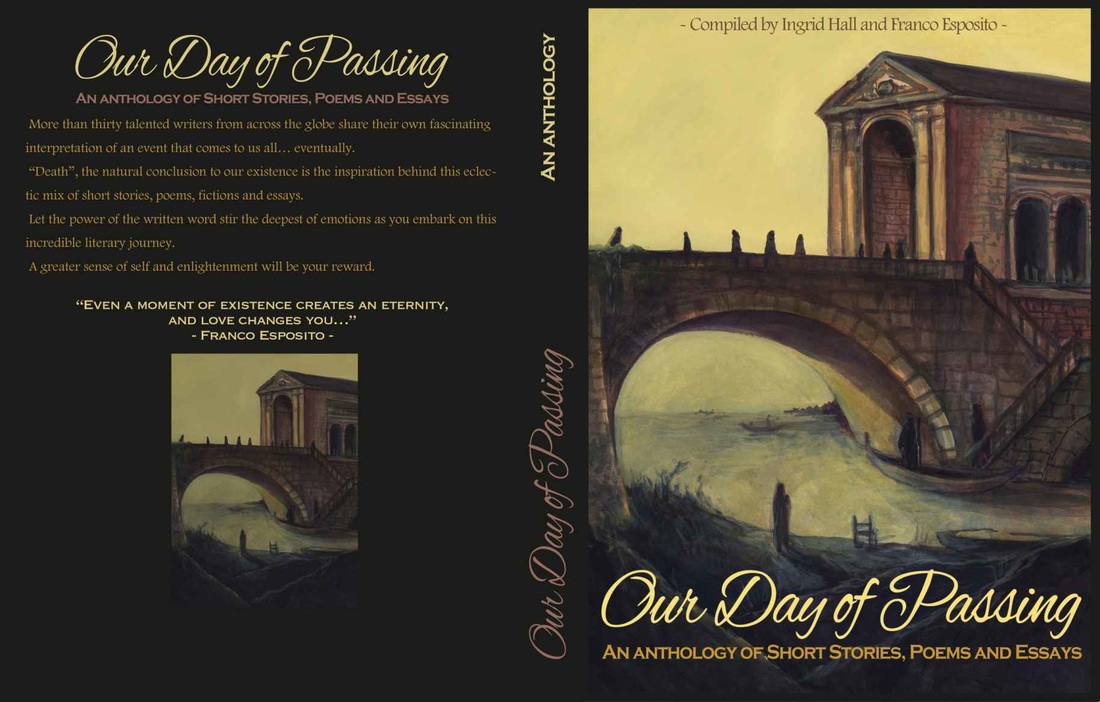
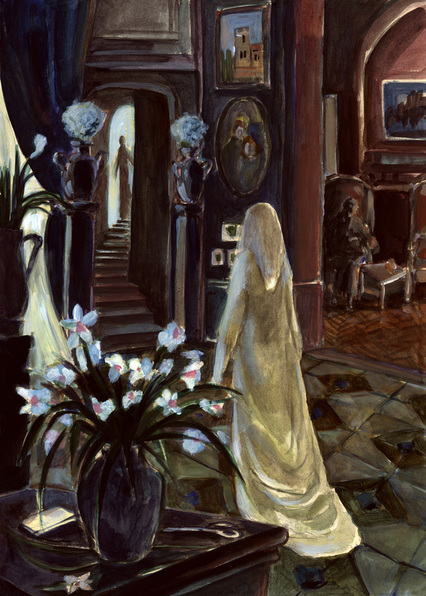
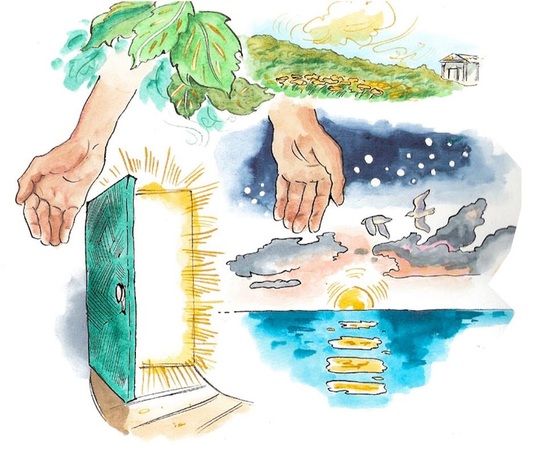
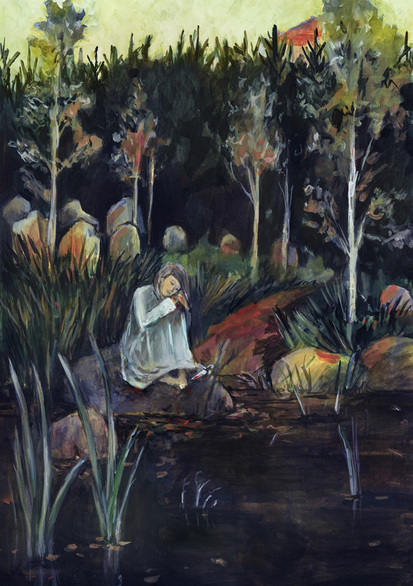
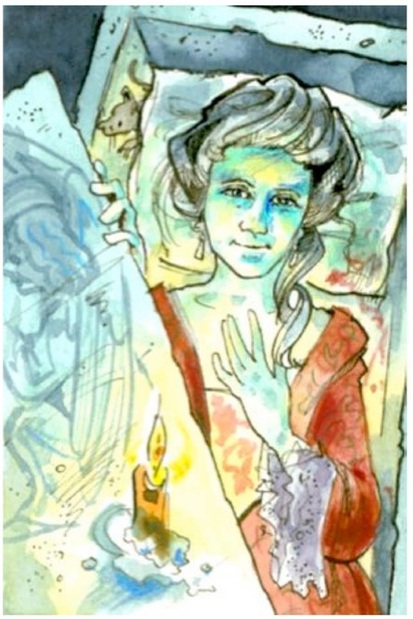
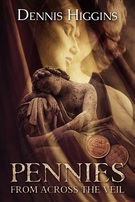
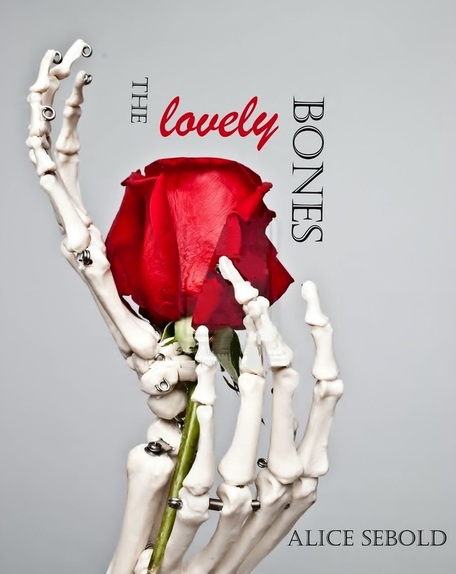
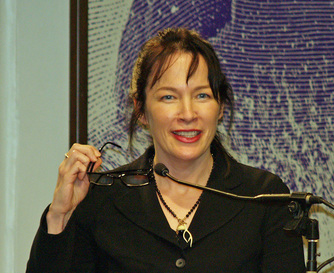
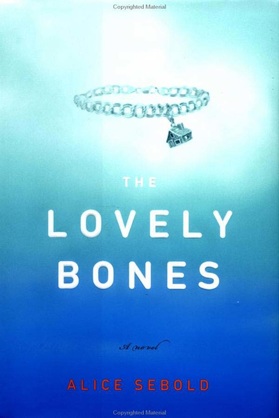
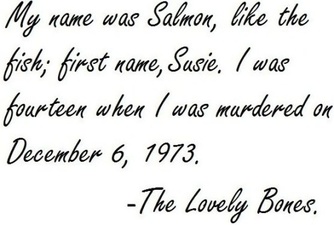
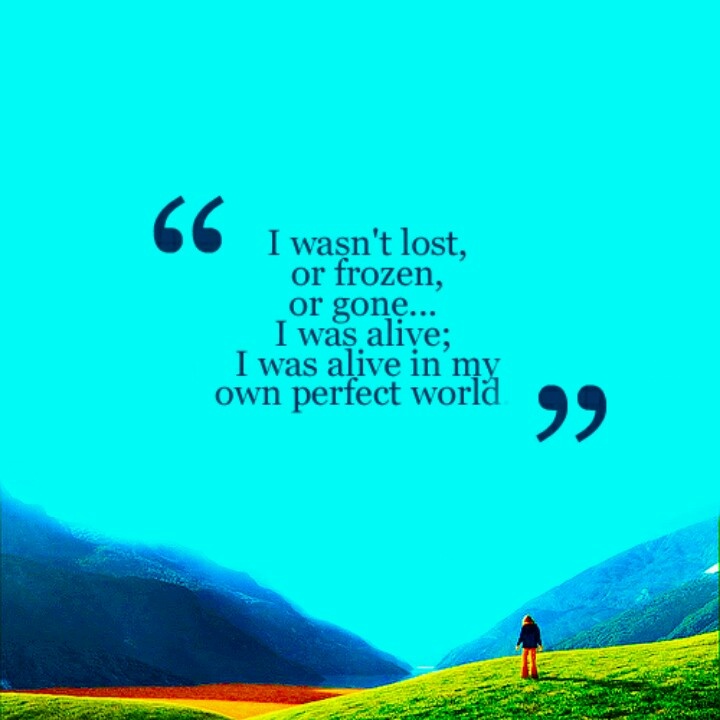
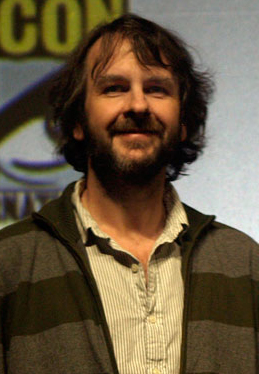
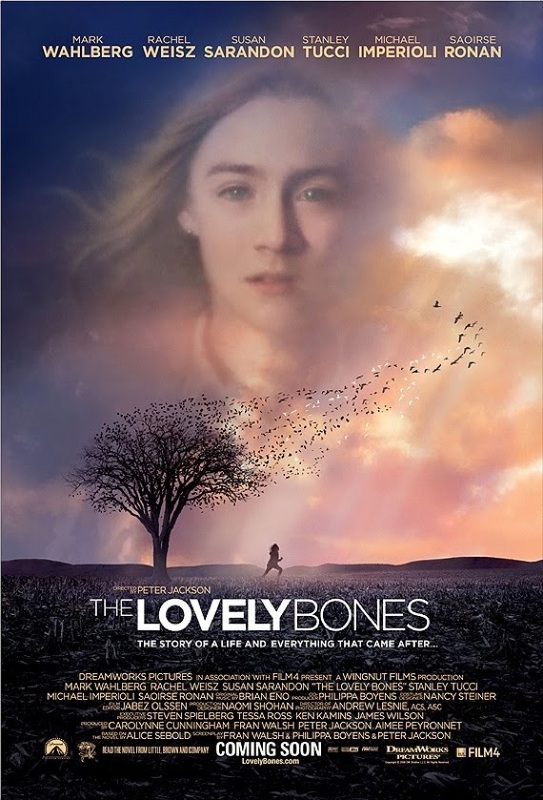
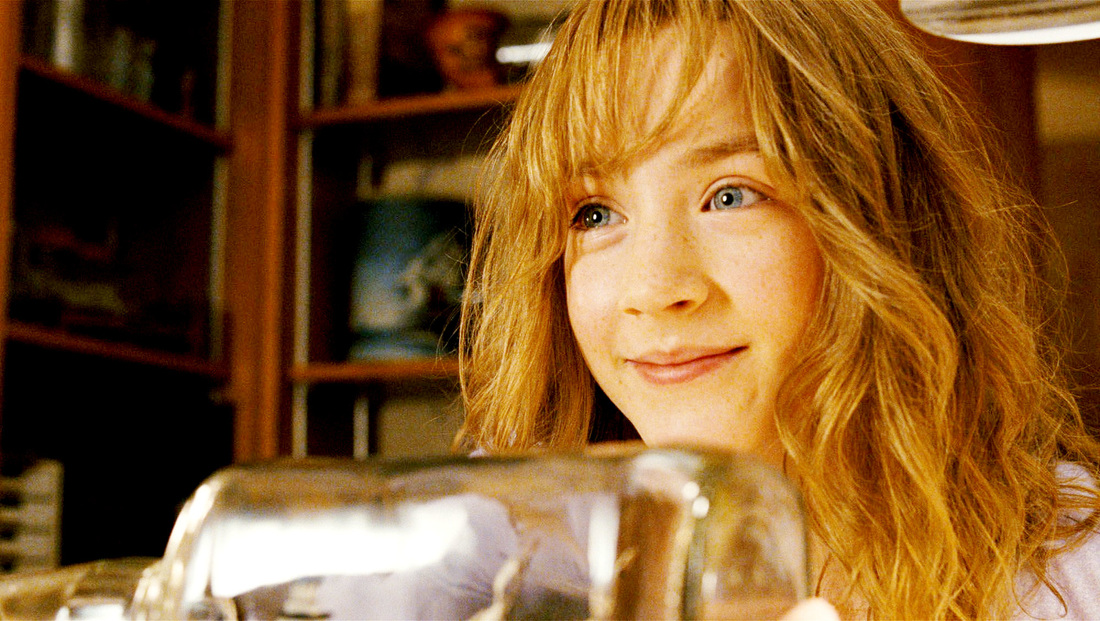
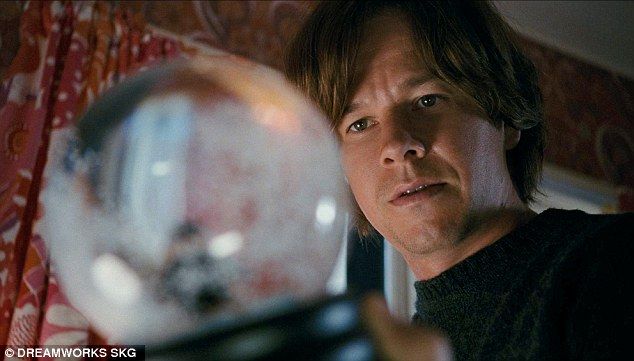
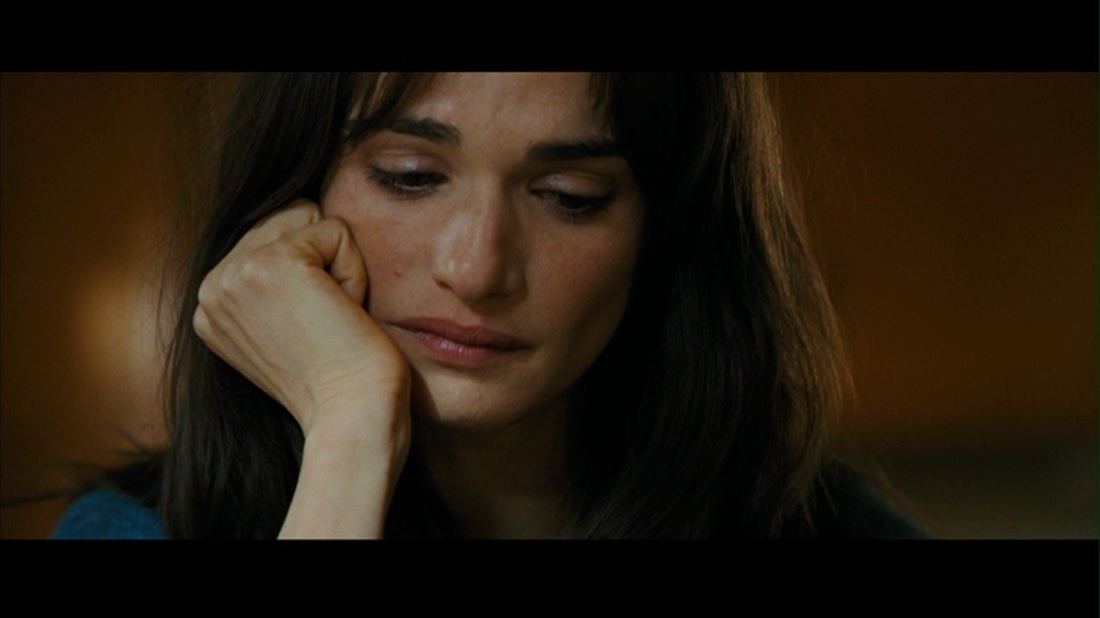
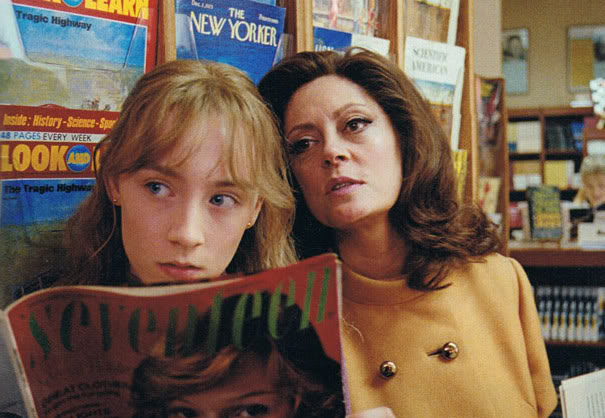
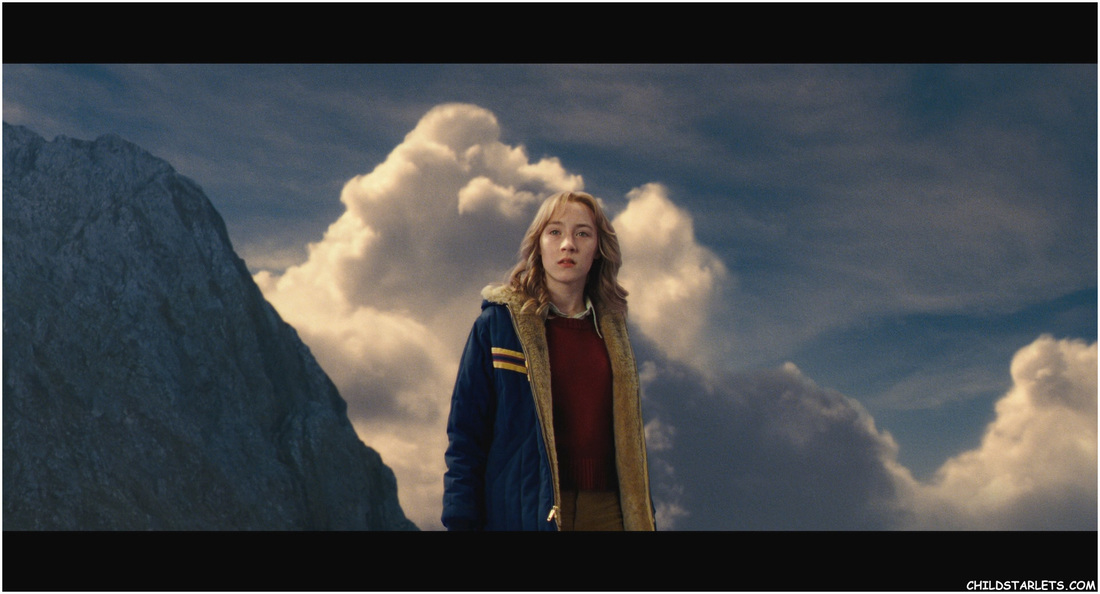

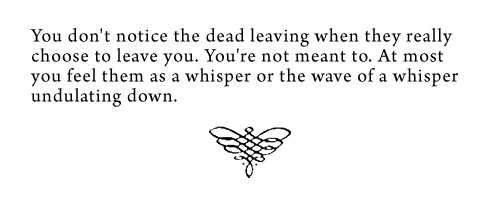
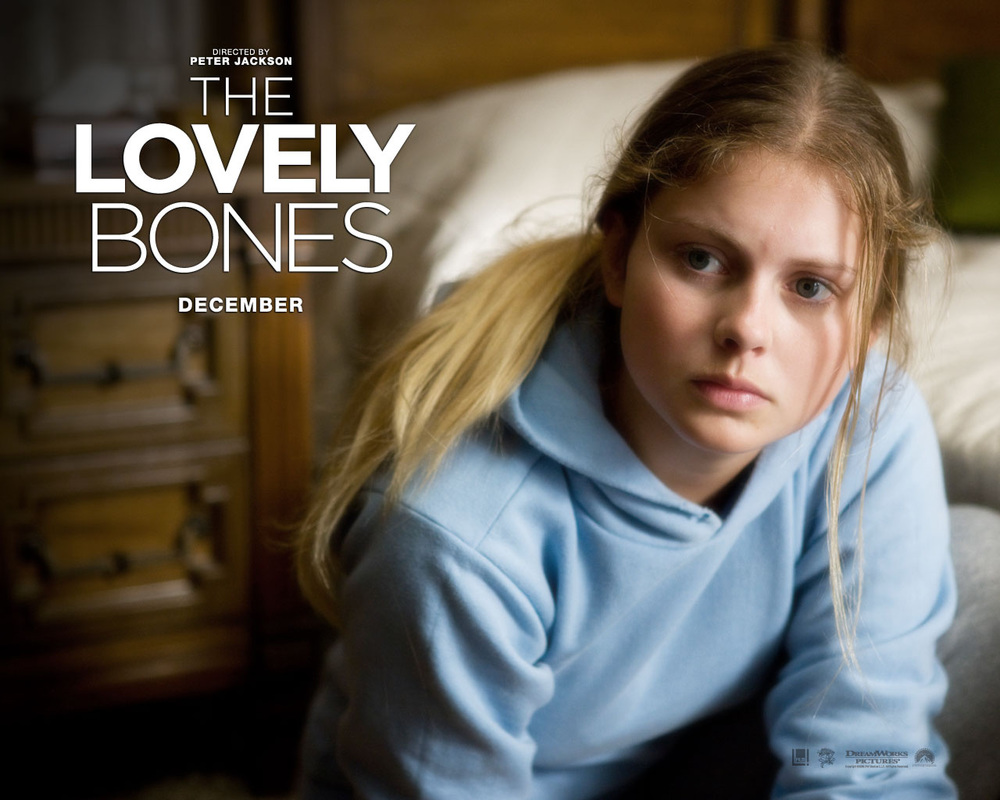
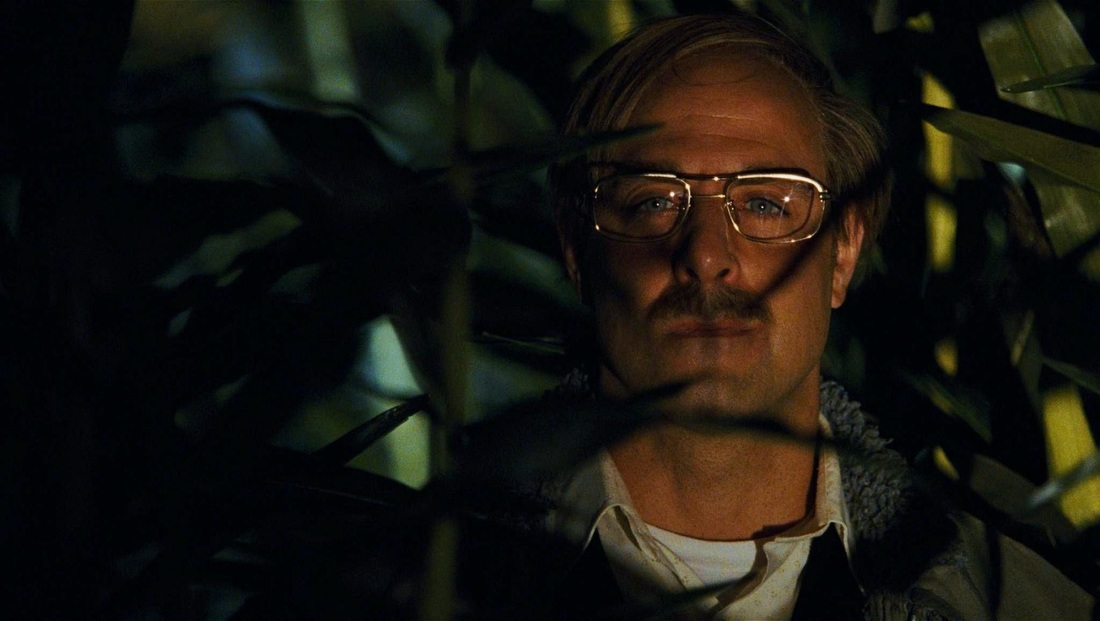
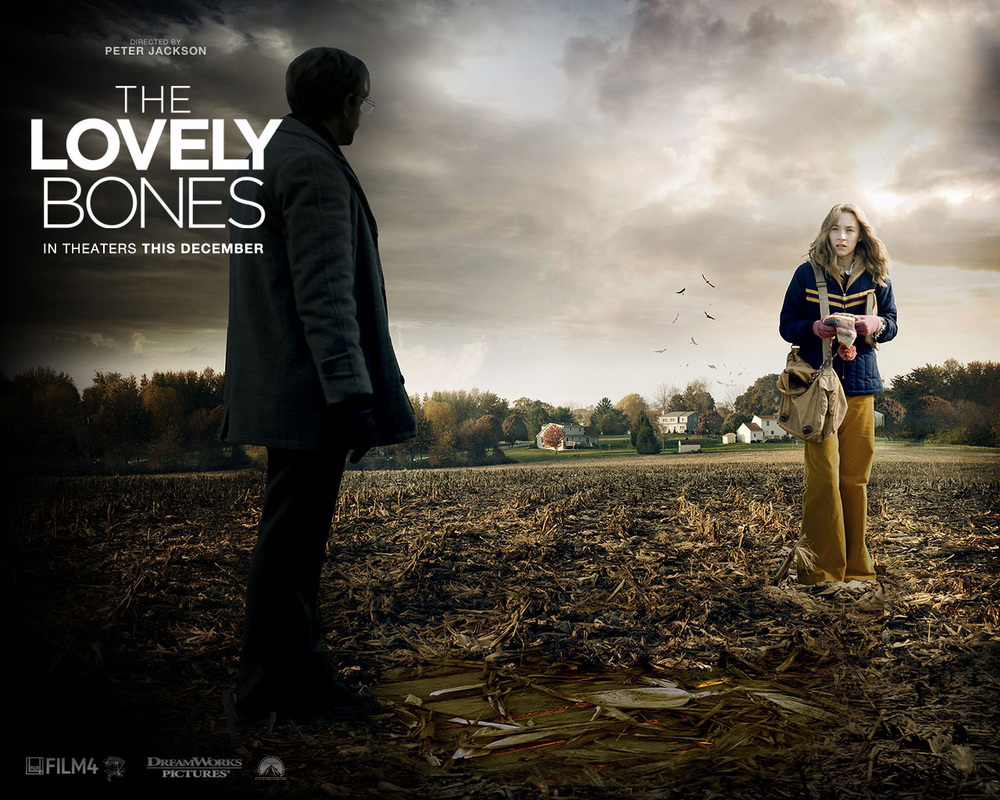
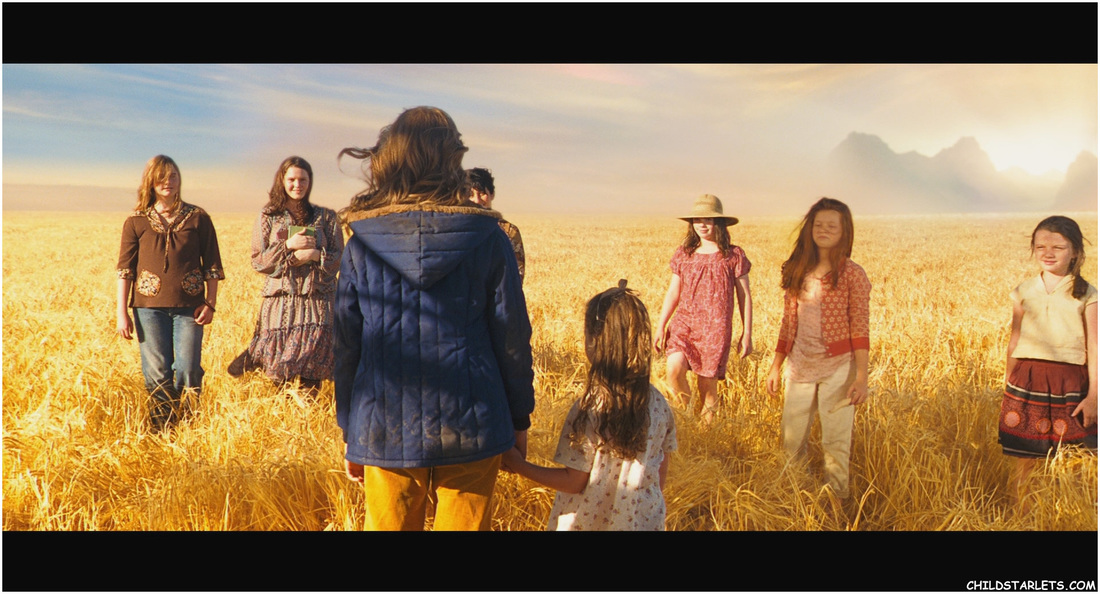
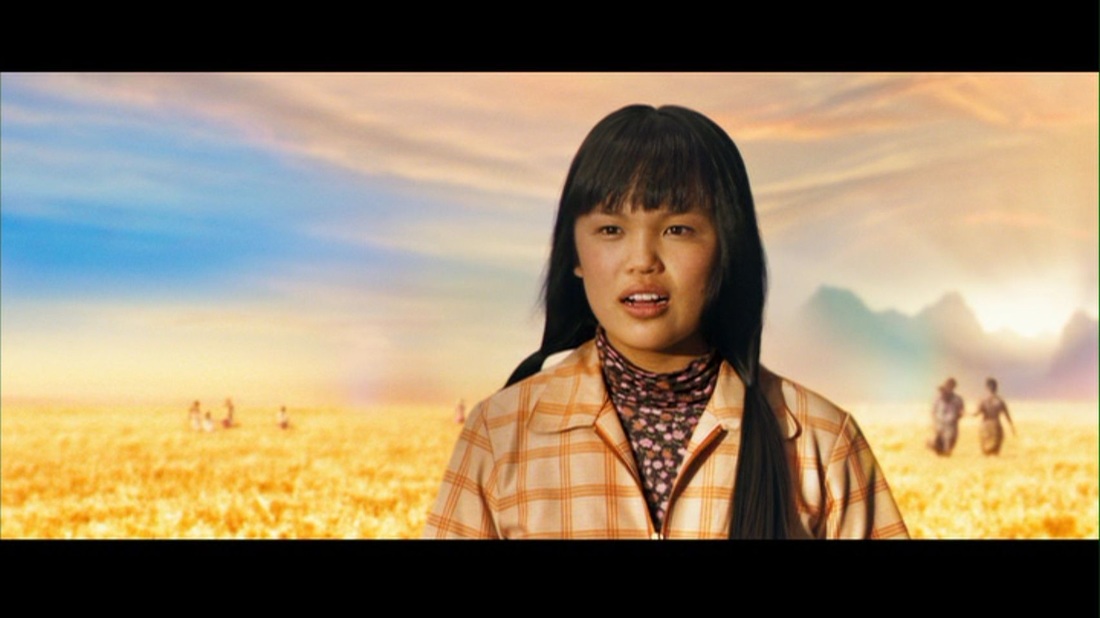
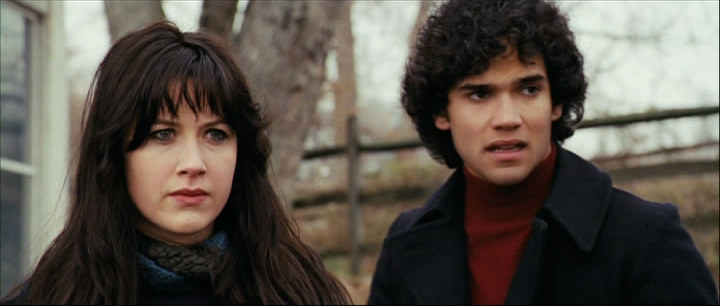
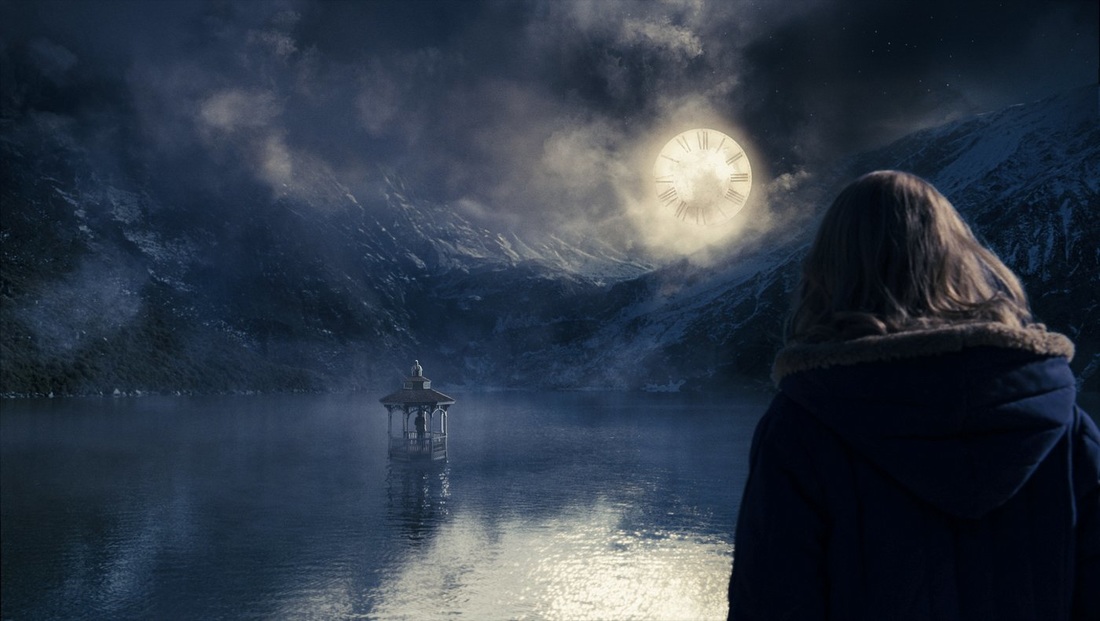
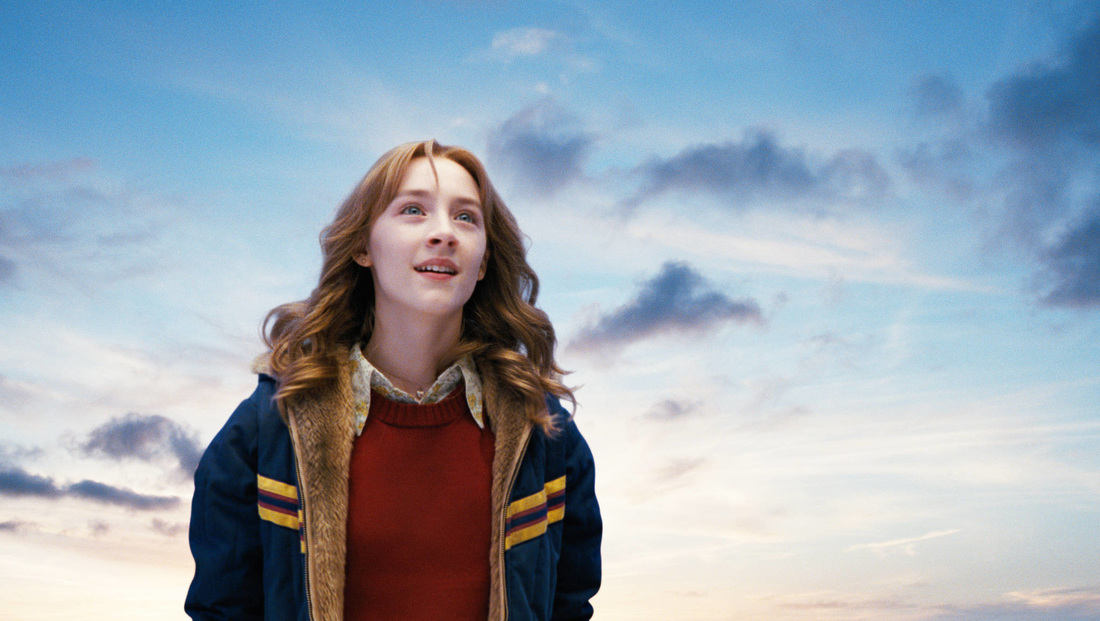
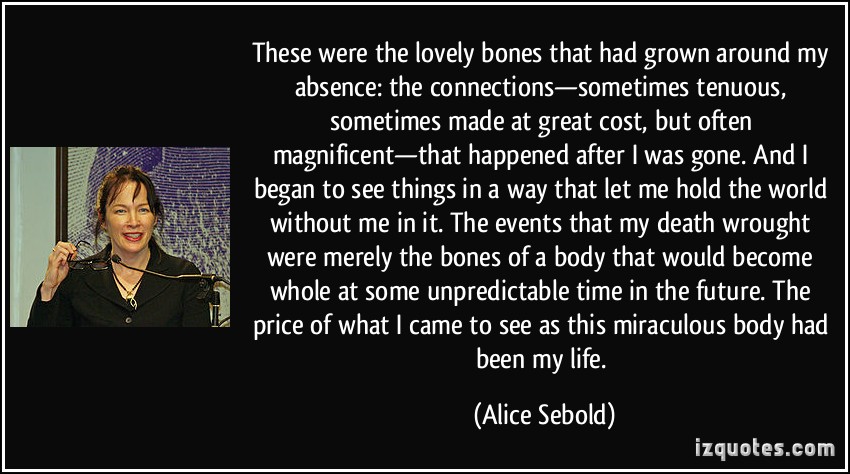
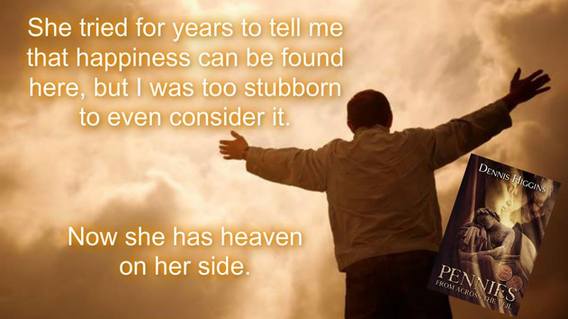
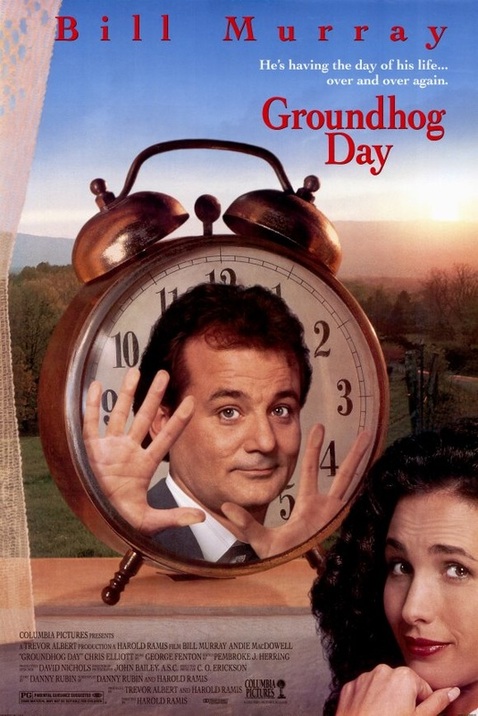
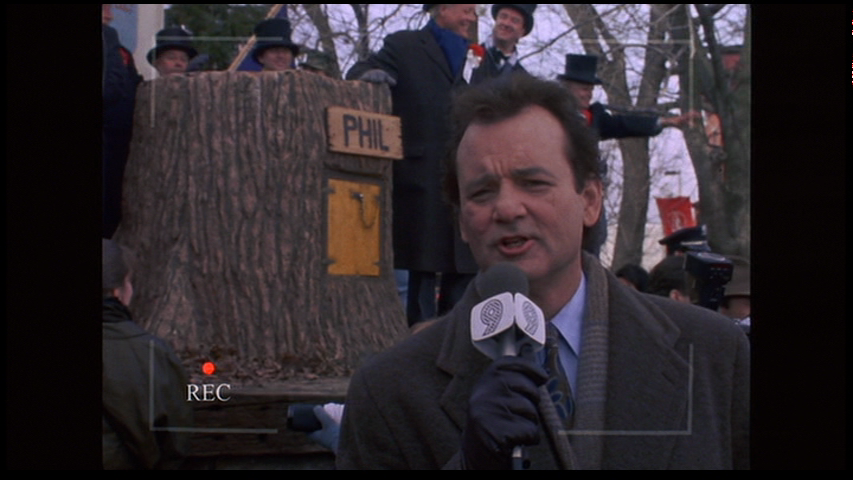
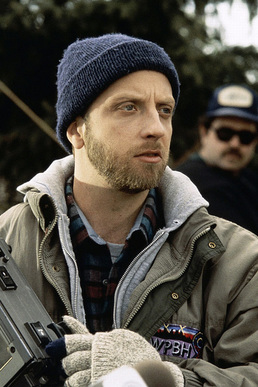
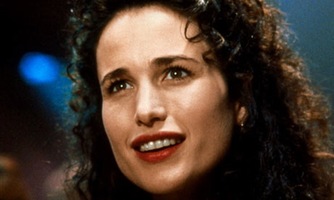
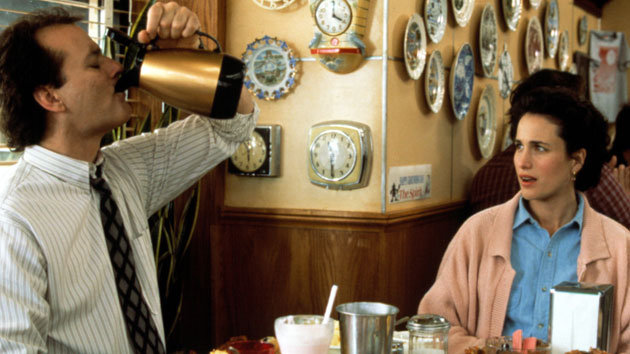
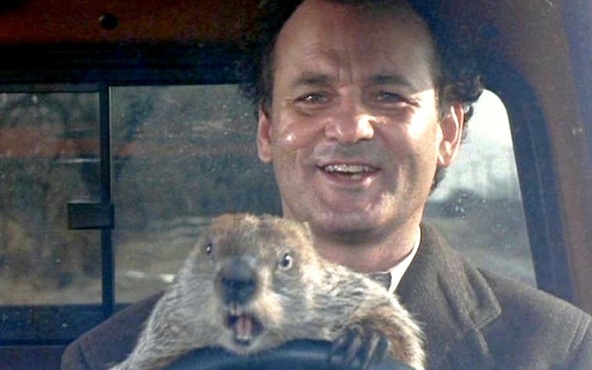
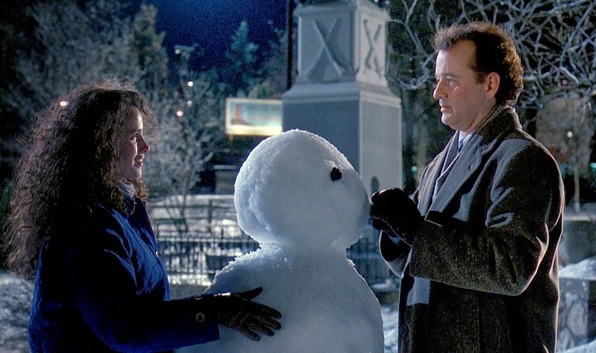
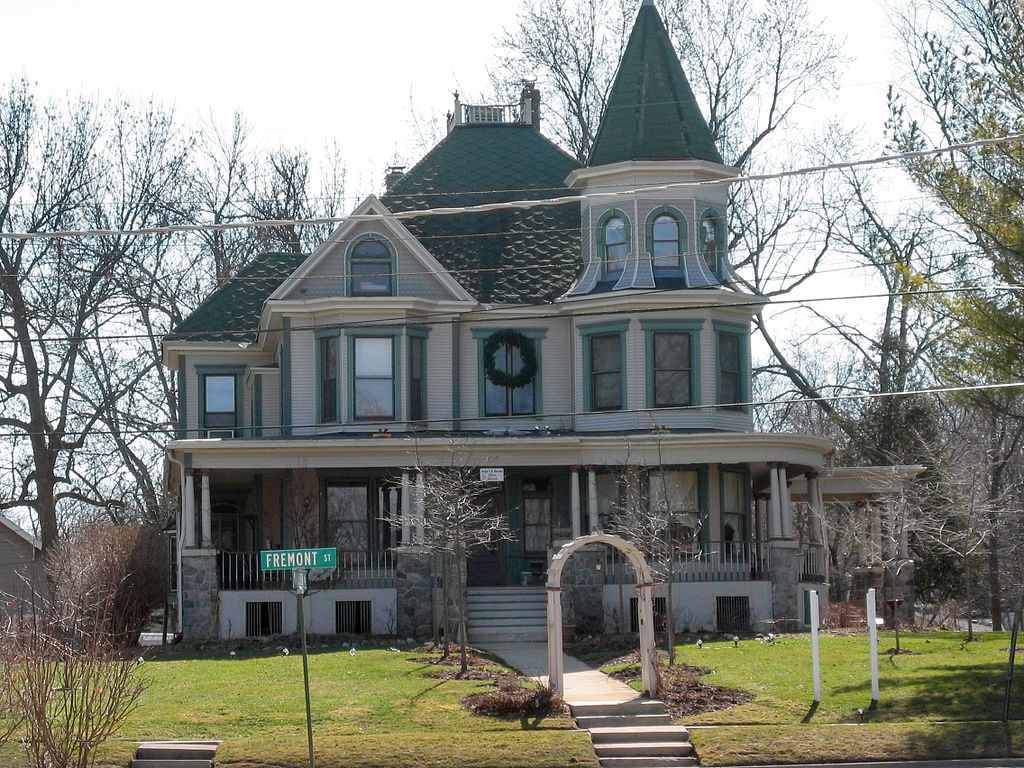
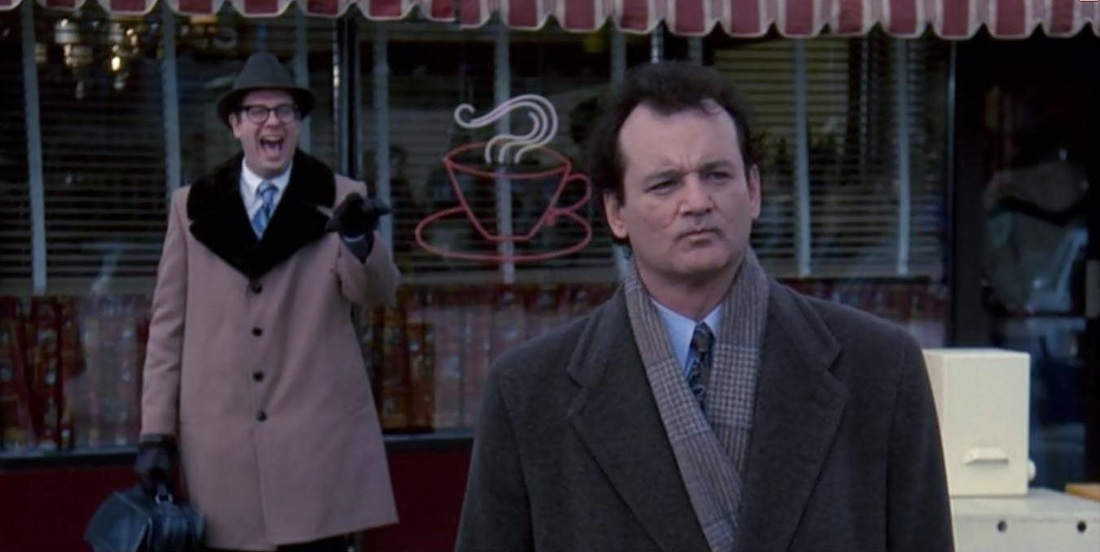
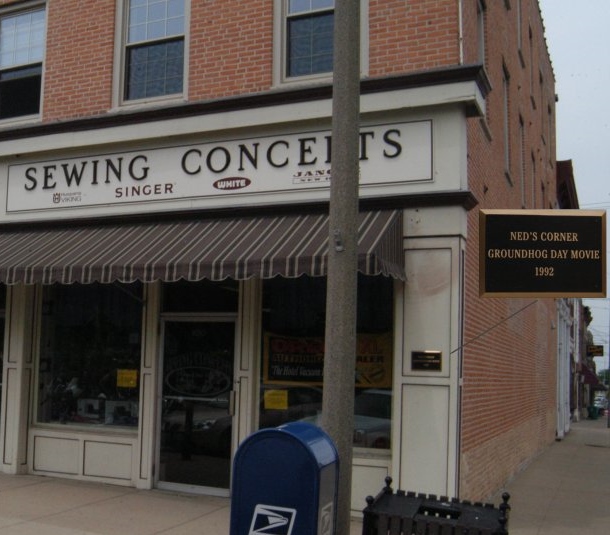
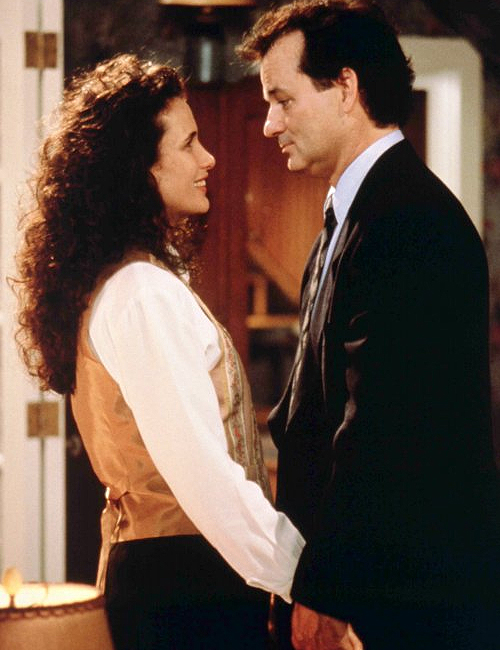
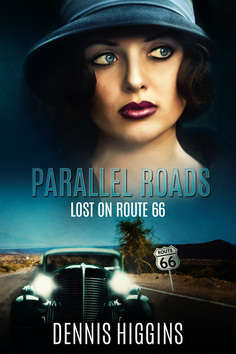
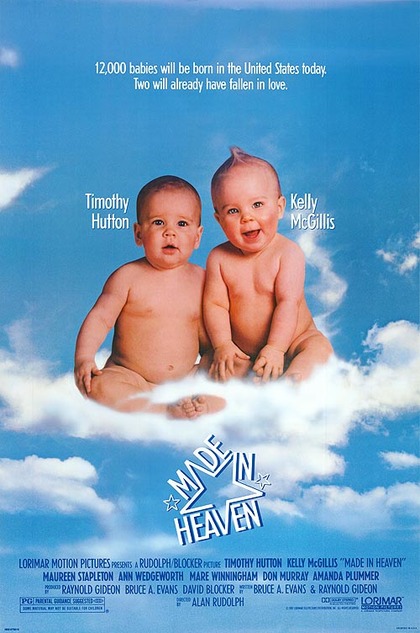
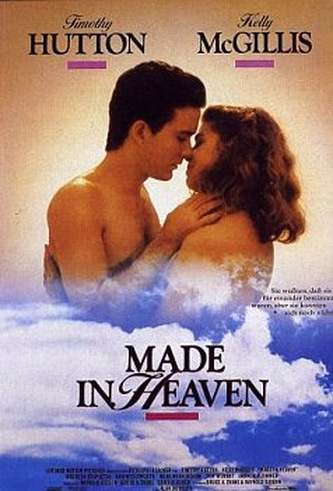
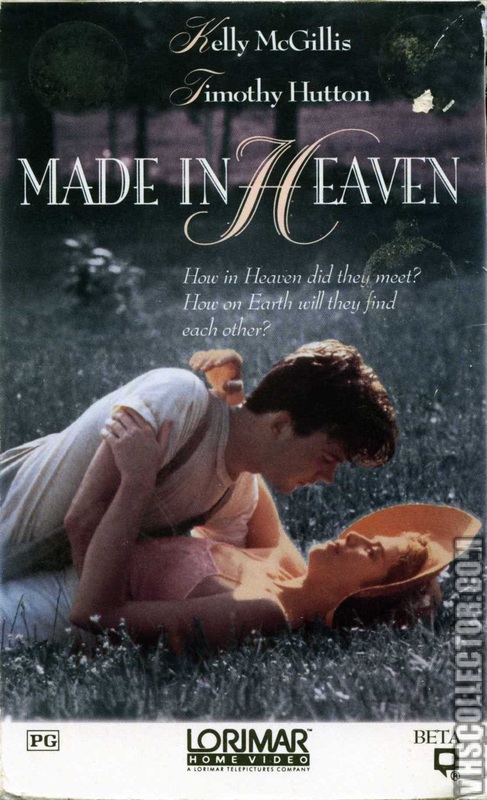
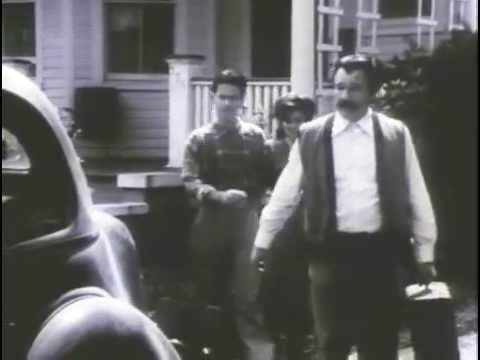
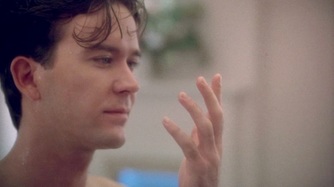
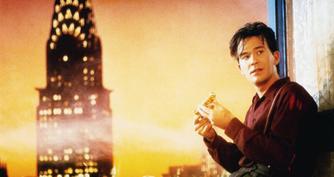
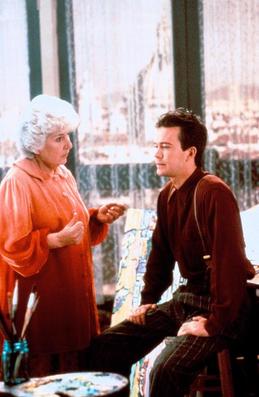
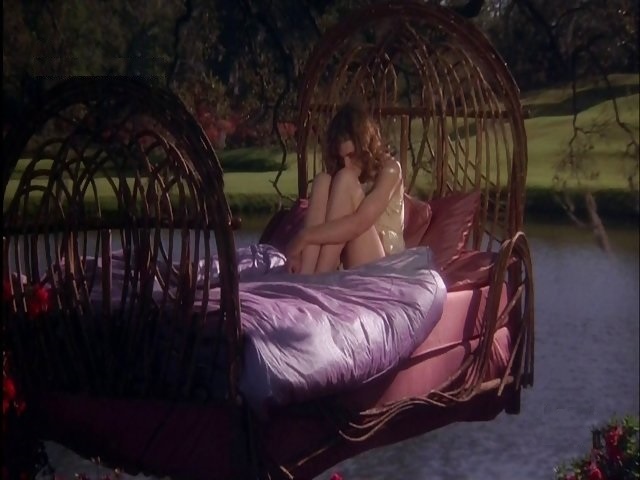
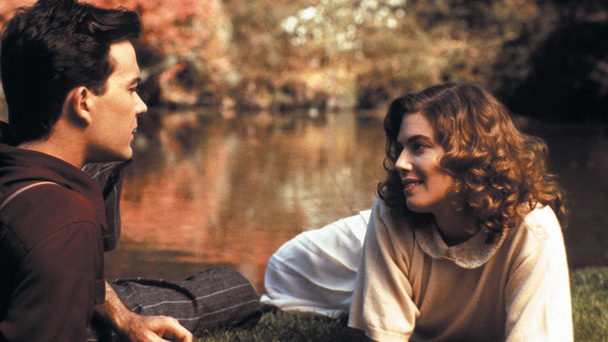
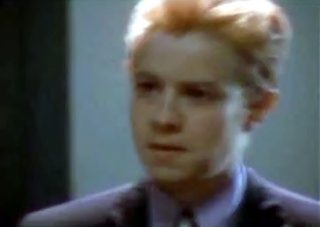
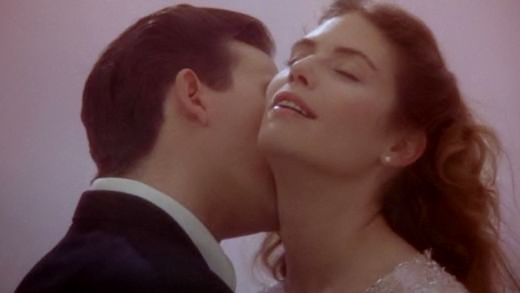
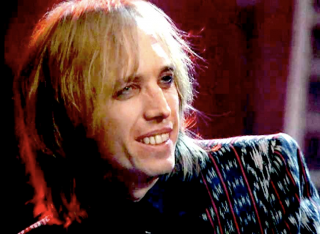

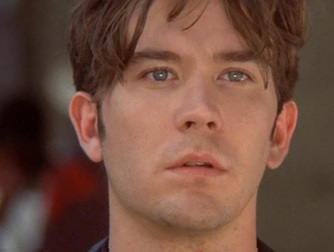
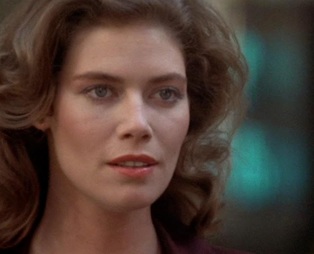
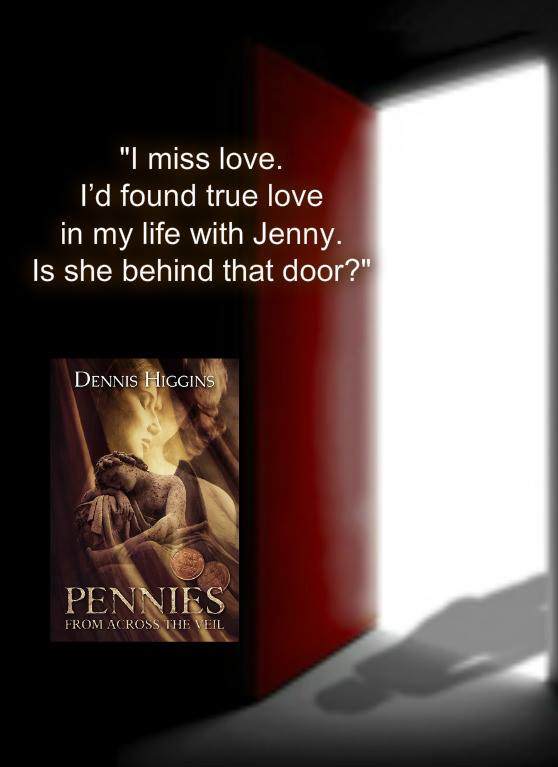
 RSS Feed
RSS Feed
